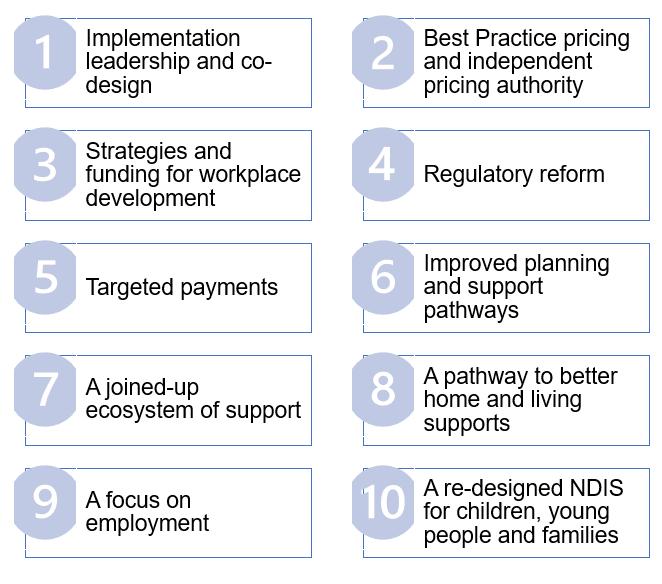








































Few musicians have shaped Australia’s cultural and political landscape like Yothu Yindi. The Yolngu legends made 1990s Australia sit up and listen with hits like Treaty and Tribal Voice resonating across the nation.
Since bursting onto the scene in the late 1980s, the pioneering band made history as the first Aboriginal band to peak on the ARIA singles chart and gain international recognition. With sounds stretching from tribal Yolngu beats and vocals, to contemporary electronica and thumping rock ‘n’ roll, a political heart is beating throughout it all.
Now thirty years on and featuring original band members and fresh talent from the next generation, this revamped supergroup of blackfellas and whitefellas from far North East Arnhem Land continues to honour the music and movement sparked by its founders.
As words from their timeless anthem Treaty reverberate into present-day conversations, this is a band, and a message, that will make you think, feel and move.
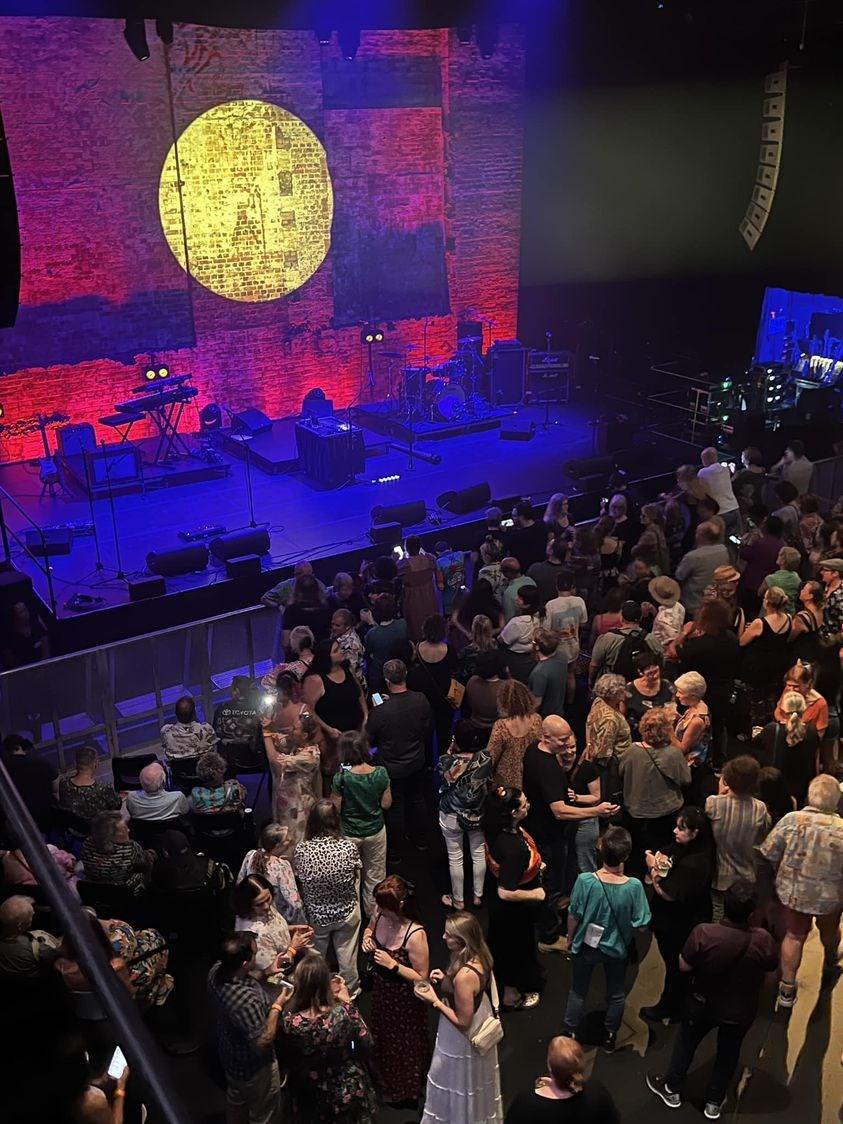
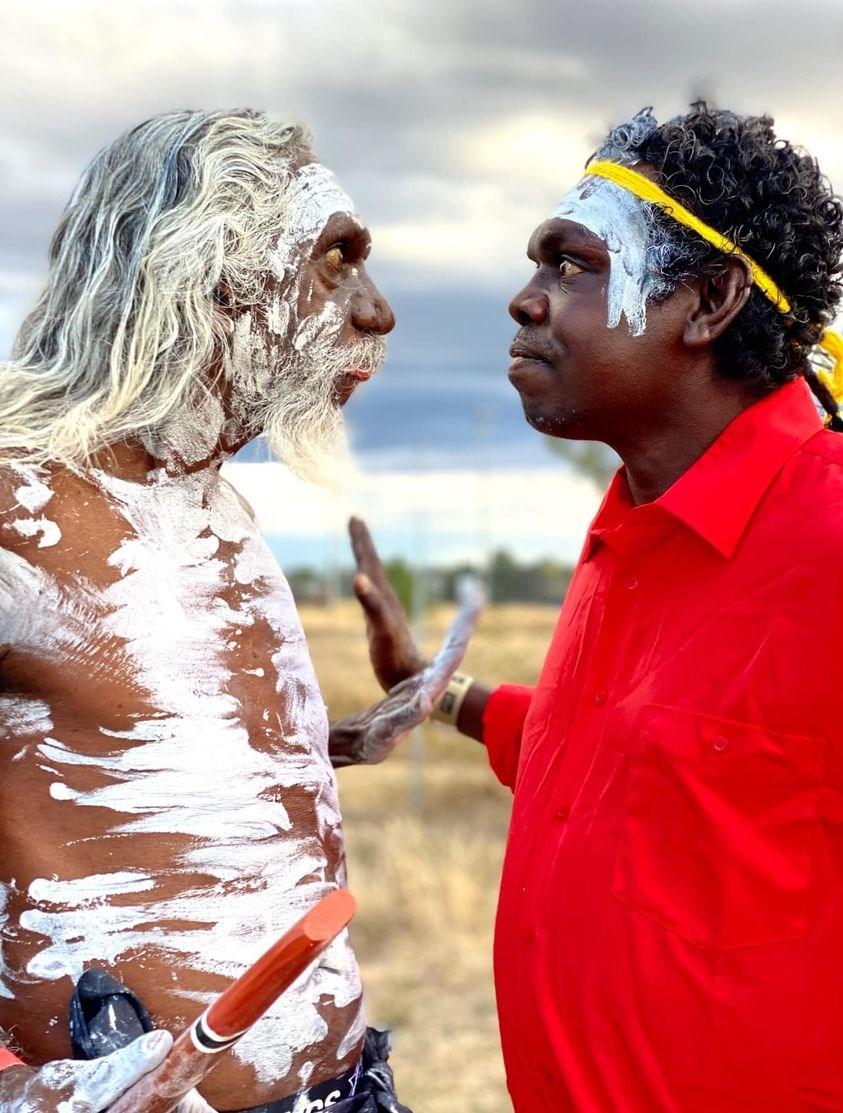
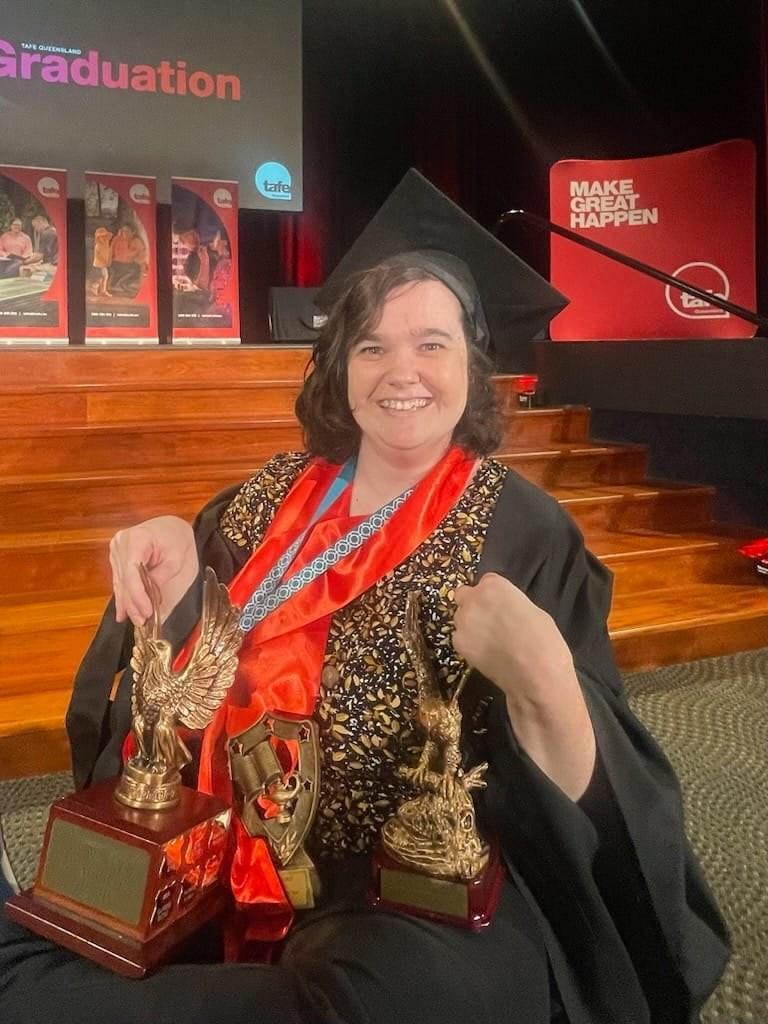
TAFE Queensland graduation for Certificate IV in Training and Assessment today.
I was also awarded Equity Student of the Year AND Bob Walker Memorial Award for Excellence in Learning (overall student of the year) I knew I was getting the Equity Award but not the Memorial Trophy. Super honoured. Thanks TAFE

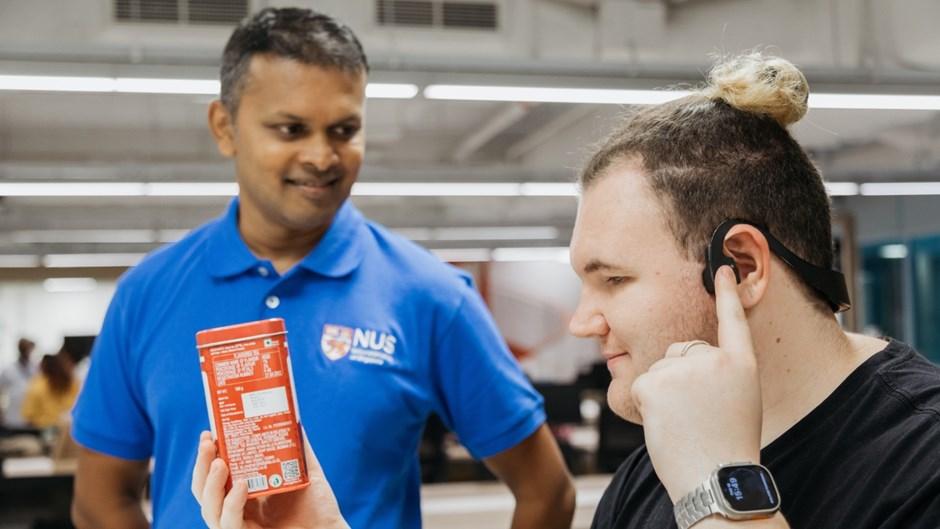
AI-powered ‘eye’ for visually impaired people to ‘see’ objects
Shopping for groceries is a common activity for many of us, but for visually impaired people, identifying grocery items can be daunting. A team of researchers from the National University of Singapore’s School of Computing (NUS Computing) introduced AiSee, an affordable wearable assistive device that helps people with visual impairment ‘see’ objects around them with the help of artificial intelligence (AI).
Individuals with visual impairment face daily hurdles, particularly with object identification which is crucial for both simple and complex decision-making. While breakthroughs in AI have dramatically improved visual recognition capabilities, real-world application of these advanced technologies remains challenging and error-prone.
AiSee, which was first developed in 2018
and progressively upgraded over a span of five years, aims to overcome these limitations by leveraging state-of-the-art AI technologies.
“With AiSee, our aim is to empower users with more natural interaction. By following a human-centred design process, we found reasons to question the typical approach of using glasses augmented with a camera. People with visual impairment may be reluctant to wear glasses to avoid stigmatisation. Therefore, we are proposing an alternative hardware that incorporates a discreet bone conduction headphone,” said lead researcher of Project AiSee Associate Professor Suranga Nanayakkara, who is from the Department of Information Systems and Analytics at NUS Computing.
The user simply needs to hold an object and activate the in-built camera to capture an image of the object. With the help of AI, AiSee will identify the object, and it will also provide more information when queried by the user.
Commissioner
Rosemary Kayess commenced as Disability Discrimination Commissioner on 29 January 2024. Ms Kayess is a leading disability and human rights lawyer. She holds a Bachelor of Social Science, Bachelor of Laws and an Honorary Doctorate in Law and is the Vice Chair of the United Nations Committee on the Rights of Persons with Disabilities. Current memberships include the Chair of the Australian Centre of the Disability Law; Expert Member, NSW Ageing and Disability Commission Advisory Board and Member, Australian Discrimination Law Experts Group.
Commissioner Kayess, said we need to reframe how Australians think about disability, and address social structures that prevent people with disability from participating equally in society. There is a unique opportunity to transform the lives of people with disability following the Disability Royal Commission and the Independent Review into the NDIS. She aims to work with government, stakeholders and the disability community to address ableism and ensure the rights of people with disability in all areas of life.
Commissioner Kayess said people with disability are too often viewed through the lens of care, treatment, protection, and service provision.
“People with disability are diverse, with a broad range of interests, dreams and lifestyles, and we should not be defined by a diagnosis or our need for care,” Commissioner Kayess said. “People with disability continue to face the community’s low expectations and it is imperative that we change this.”
Prior to becoming Commissioner, Ms Kayess
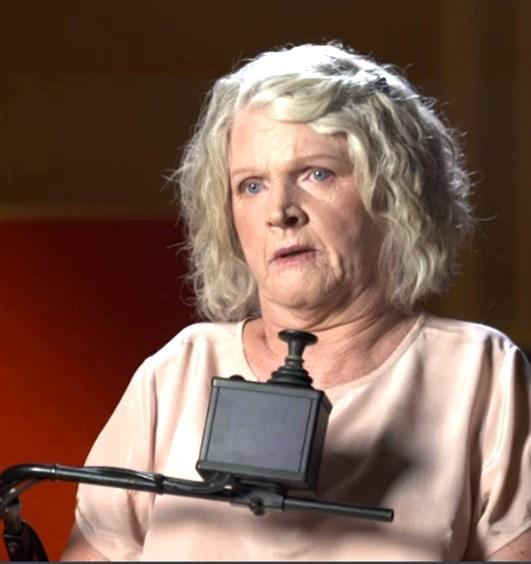
was a Senior Academic with the Faculty of Law and the Social Policy Research Centre at the University of New South Wales. She was a member of the United Nations drafting committee for the Convention on the Rights of Persons with Disabilities and is currently Vice Chair of the United Nations Committee on the Rights of Persons with Disabilities, and a Visiting Professor at the Centre for Disability, Law and Policy, at the University of Galway. Commissioner Kayess is a woman with disability who sustained a spinal cord injury in a car accident and uses a wheelchair.
Commissioner Kayess noted the importance of recognising the social context of disability. “When social structures are able to properly accommodate a person’s impairment, you remove the disabling barriers to rights and participation.
“Society has a responsibility to dismantle the underlying drivers of ableism. As with racism, sexism and ageism, this is essential to ensuring the rights and equality of all people with disability.”
GPs have been overlooked in a proposed overhaul of Australia’s disability healthcare sector, according to a new submission.
GPs must be added to multidisciplinary care teams and funded for time spent on paperwork, it said.
The call forms part of feedback to Federal Government plans aimed at addressing the disability royal commission’s final report, which exposed the crisis currently playing out within Australia’s disability sector.
In its response, the Government recommended state and territories establish and fund specialist health and mental health services and introduce ‘health navigators’ for people with cognitive disability.
However, it makes more sense to support existing health services, including GPs, with President Dr Nicole Higgins describing general practice’s omission as a ‘big oversight’.
‘GPs can make NDIS planning more efficient, reduce duplication, and better target
‘Rather than funding the establishment of new services for people living with cognitive disability, the smartest and most-cost effective investment would be to fund multidisciplinary care teams with GPs.
‘We shouldn’t reinvent the wheel, it’s costly and causes fragmentation of care which isn’t good for a patients’ health.’
The submission supported recommendations to improve training in cognitive disability healthcare and would also like to see an expansion of funding to include telehealth consultations for patients who have difficulties travelling, and the implementation of health navigators for those living in rural and remote areas.
On a broader level, Dr Higgins reiterated her belief that Medicare is in need of major overhaul, with the current rebates not fit for purpose.
‘As it stands, patients’ Medicare rebates don’t cover the true cost of providing comprehensive care to people with disability, and GPs are often left out-of-pocket for things like completing NDIS paperwork if the patient isn’t present,’ she said.
‘The royal commission made it clear that more needs to be done to improve the health and wellbeing of people with disability. We need to get this right.
‘Comprehensive care delivered by GPcoordinated teams that are properly funded will improve quality of life for people with cognitive disability and be a much more cost -effective use of limited resources.’
Moving forward, GPs need to play a key role in any future reform and should be consulted before changes are carried out.
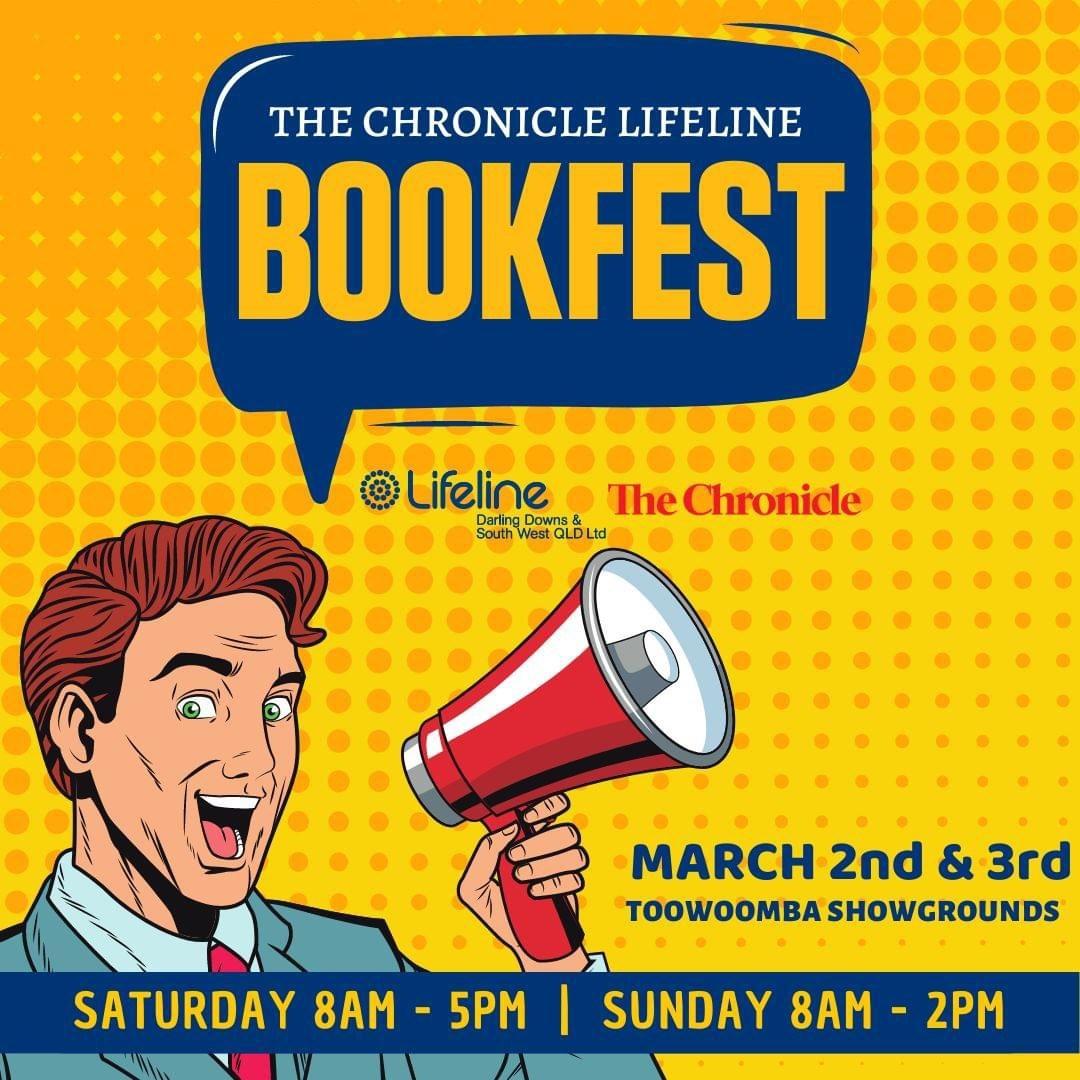
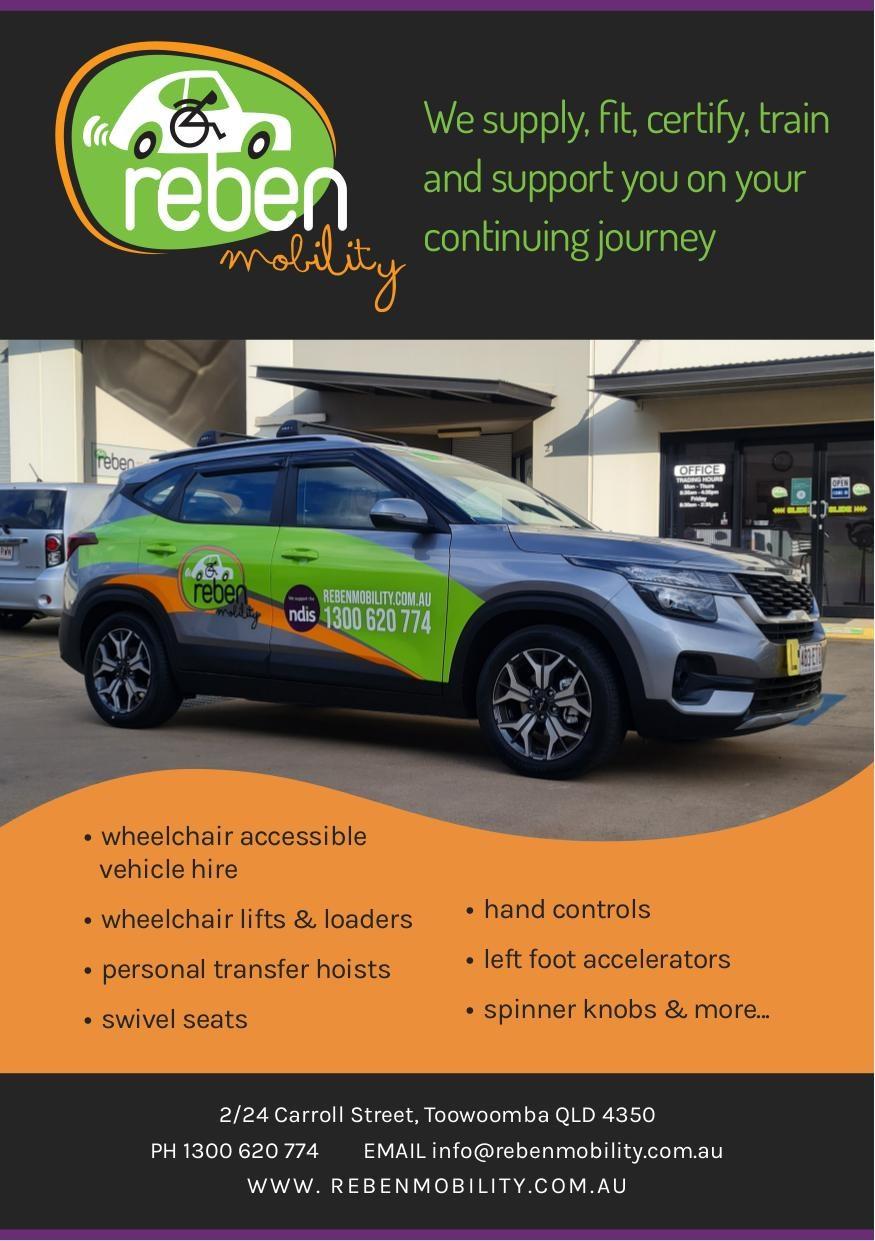
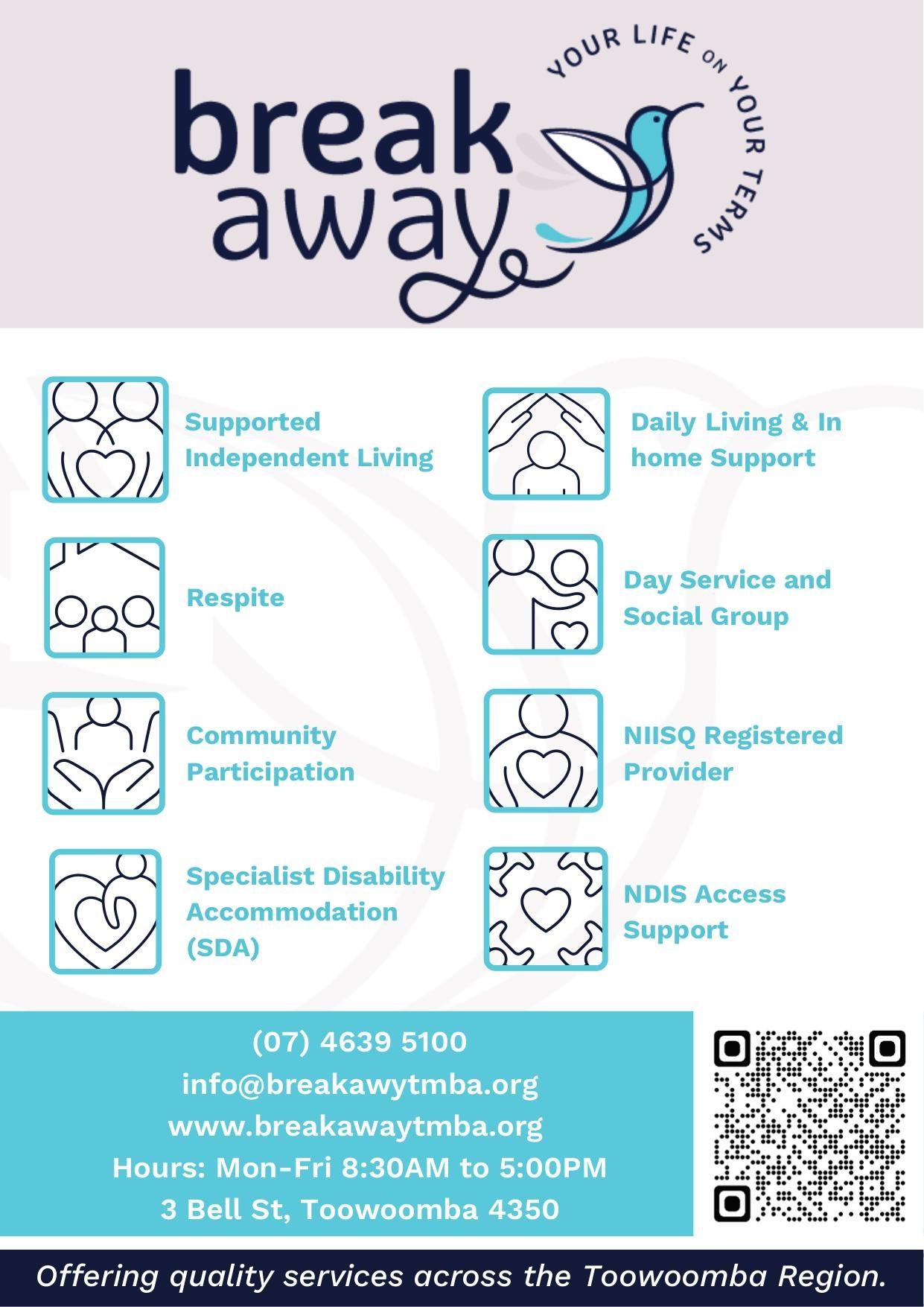
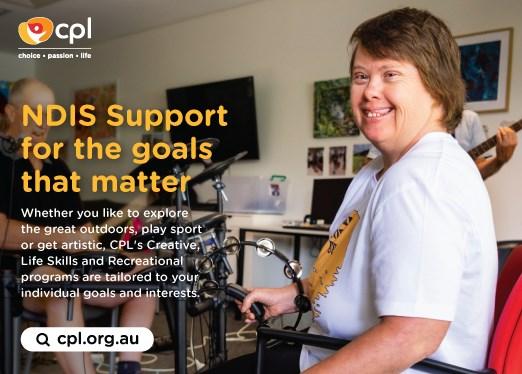
The 2024 local government elections will be on 16 March 2024 and will include elections for mayors and councillors in each of Queensland's 77 councils.
Nearly 30 candidates have put their hands up for a place on the Toowoomba Regional Council in 2024, including an entire family. Incumbent Geoff McDonald and Oakey man Douglas Doelle will contest the mayoralty with the latter’s late nomination ensuring voters will have a choice.
Using a walking stick that he assured was temporary, Mr Doelle said he understood the daunting task he faced to unseat Mr McDonald but believed his “back to basics” message would find listeners.
“I feel pretty good it will be hard against Geoff, but if I don’t get in, it’s not the end of the world,” he said.
“My platform is instead of having all this new infrastructure built, what about fixing some of the old infrastructure first?”
When asked about how he would lead a new council following a four-year term described as “tumultuous” by some members, Mr McDonald boldly declared the working relationships between the 11 councillors were at an all-time high during his tenure.
After being named last on the ballot in 2020, deputy mayor Rebecca Vonhoff will now top the ballot after being drawn first by officers.
WhatsUp had the opportunity to interview almost half of the candidates and we questioned them about what they saw as the key disability issues that they would address if they were voted into the new council. Access to Council buildings and entertainment venues were very important.
Sitting Councillors Retiring
Nancy Sommerfield, 3 term councillor.
Megan O’Hara Sullivan, 3 term councillor
Good luck to all of the candidates.
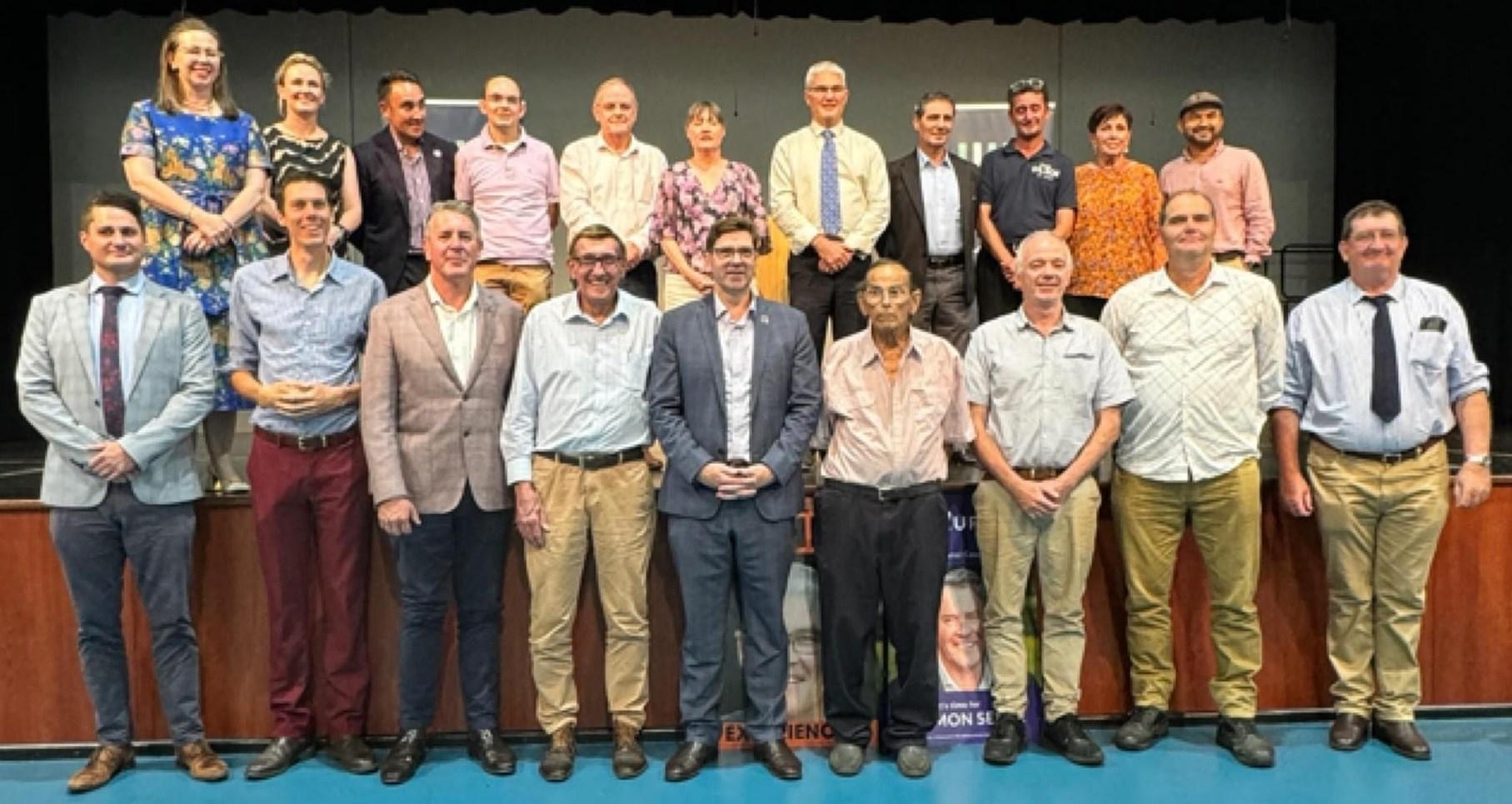
This year 1,042 Australians were recipients of the country's highest honours, which included 20 in the military division of the Order of Australia, 224 meritorious awards and 59 awards for distinguished and conspicuous service.
In 2008, when David Squirrell lost his medical registration due to his disability, he turned his focus to advocacy. Since then, he has worked towards making various public spaces more accessible.
He is now the Vice-President of Deaf-Blind Australia and a passionate disability advocate.
Dr Squirrel is a recipient of the Medal of The Order Australia due to his work.
He said there's still a lot of work to be done in the space, with bureaucracy creating barrier for many people with a disability.
"Bureaucrats sit in chairs, ticking boxes, they don't look at the person. And every person is an individual," he said.
"I believe we need to leave this world a better place. To leave it a better place, you have to understand what is wrong, and hence where you can make a difference so that other people's lives can be enriched."

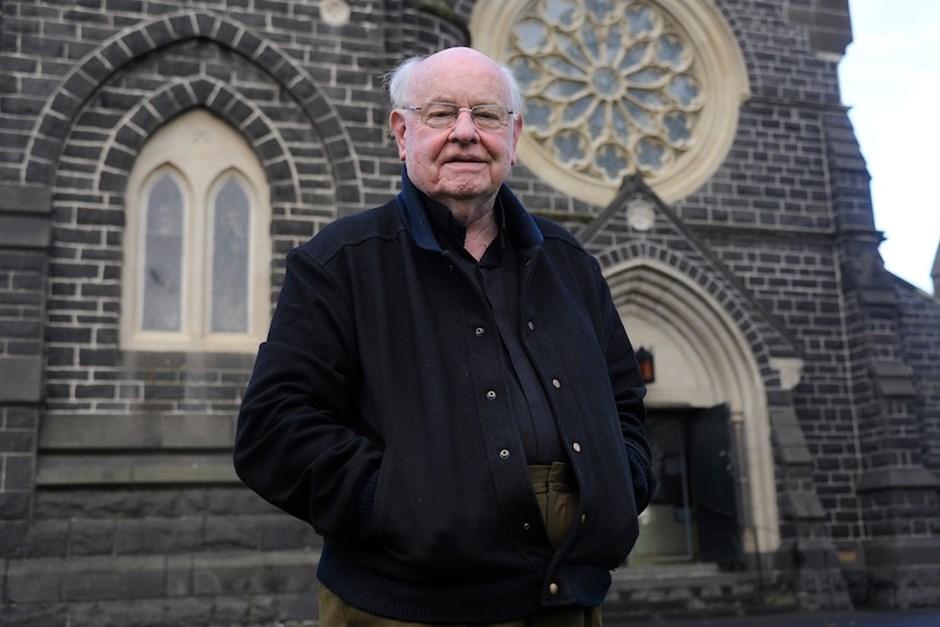
Late social justice campaigner Father Robert John Maguire has been recognised as an Officer of the Order of Australia for his distinguished service to the community.
Best known as Father Bob, the Catholic priest and media personality died in April last year after a life dedicated to standing up for the poor and marginalised.
Frank O'Connor, the director of the Father Bob Maguire Foundation, said it was "hard to know" how the late maverick priest would have responded to being awarded an AO.
"I think he would have been fairly chuffed," Mr O'Connor said.
"Certainly the foundation and Father Bob's family are absolutely delighted that his commitment to this sort of work is continuing to be recognised."
Father Bob was ordained in 1960 and spent close to 40 years as a parish priest in Melbourne, leaving after a clash with the church hierarchy over the mandatory retirement age of 75 for priests.
He was allowed to remain a priest until age 77, retiring in 2012 after 50 years of service to the church.
The Father Bob Maguire Foundation is a Melbourne-based registered charity providing food relief, social inclusion, educational support and a range of associated services so that no one is left behind.
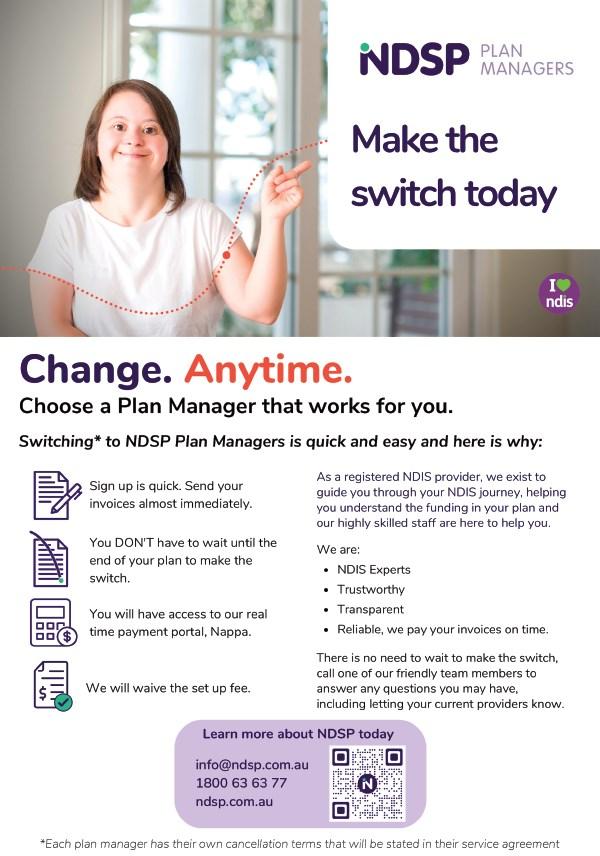
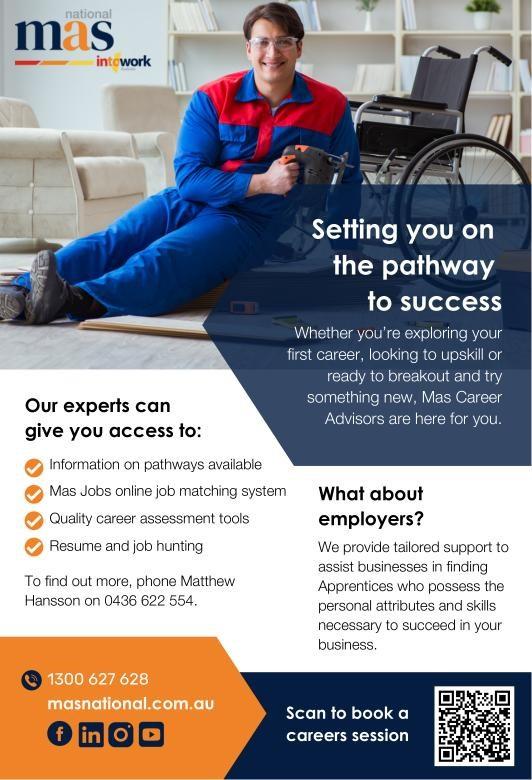
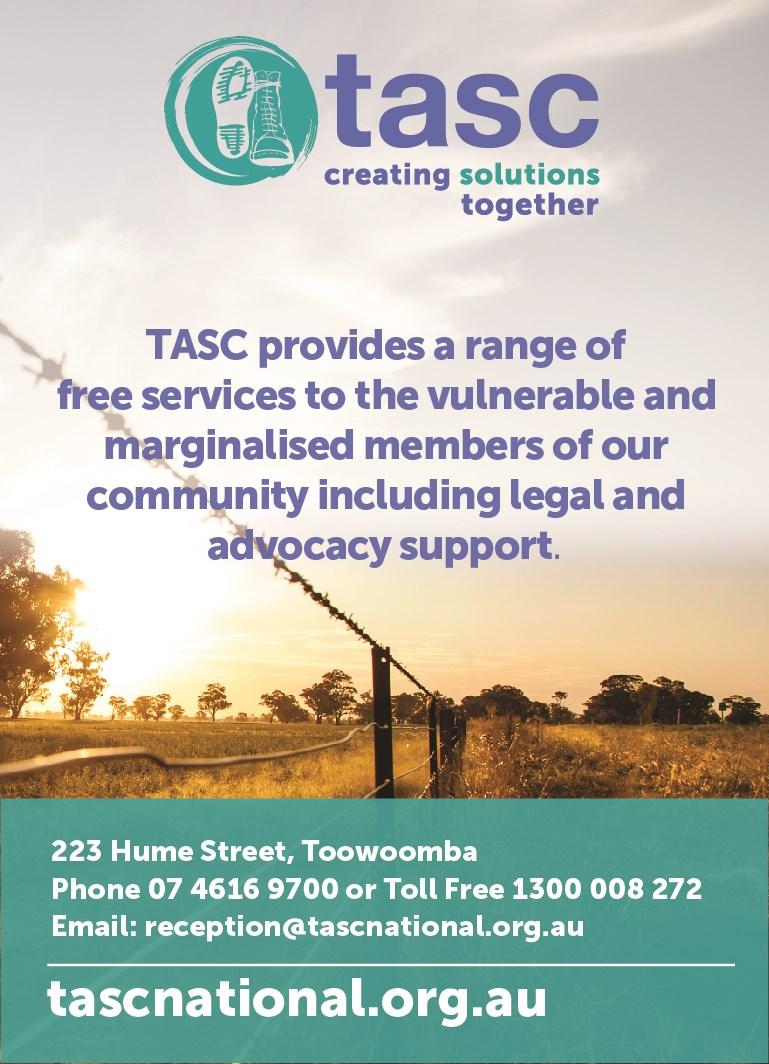
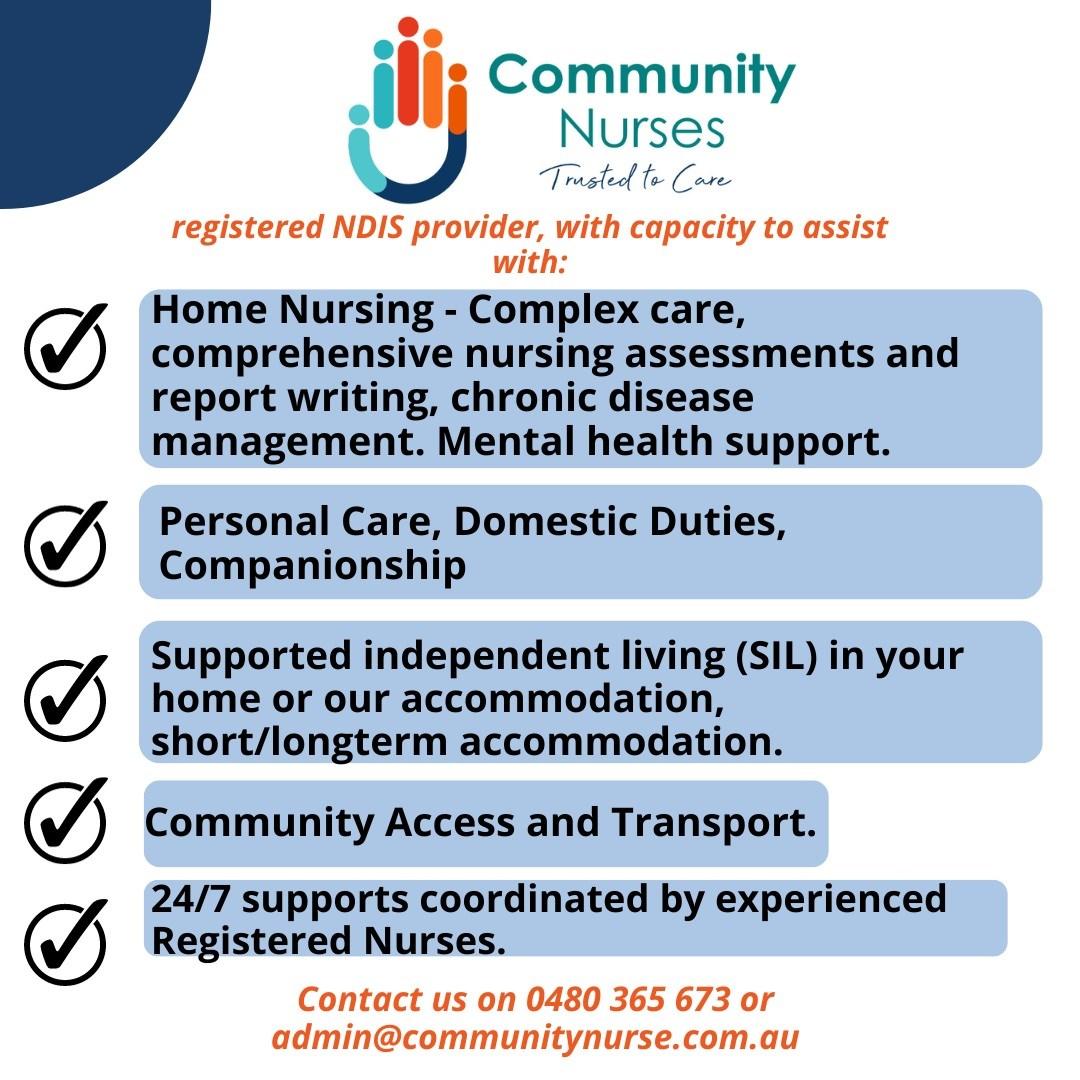

The Report showed that 2023 was the worst year for financial viability with more organisations running a deficit and fewer breaking even. Providers cannot meet the growing demand of services but hope that the reforms will reverse the trend.
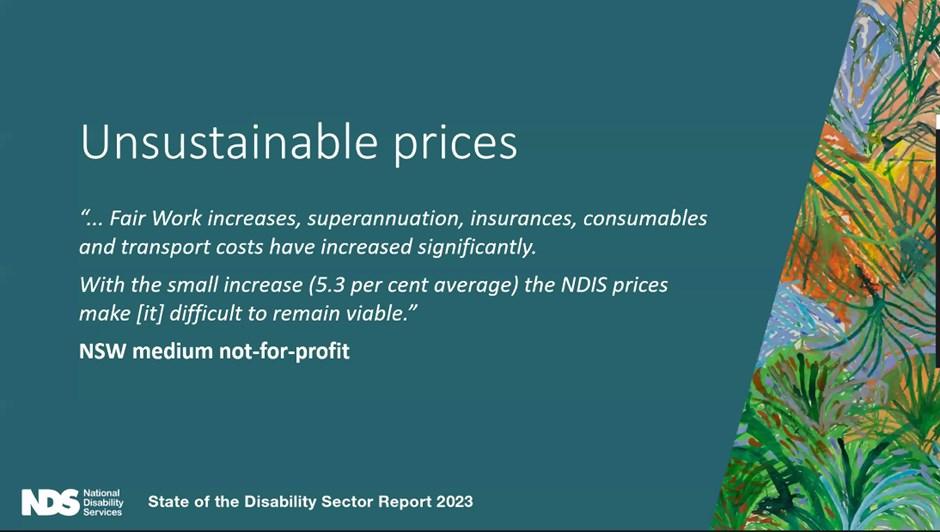
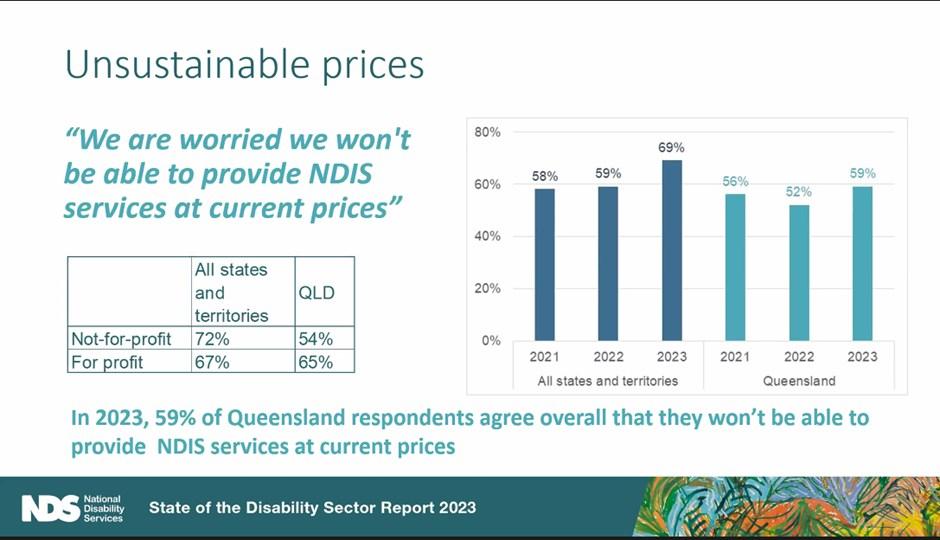
Dr Kylie Morgan DSC Feb 07, 2024
Just before Christmas, you could easily have missed a change that was made to the NDIS Code of Conduct.
The addition to the Code of Conduct was the change to the Rules says in layman terms that an NDIA participant must not be charged more for the supply of goods than a non-NDIS participant without a reasonable justification.
Good or goods and services?
Firstly, the Rules say the supply of goods, NOT goods and services. While this change only applies to the supply of goods, e.g. purchase of a wheelchair, services are not completely off the hook.
In the guidance provided by the NDIS Commission they also outline that providers of services should not without ‘reasonable justification’ charge more to NDIS participants than other customers. If they do so it may be seem as failing to meet the principle of acting with honesty, integrity, and transparency, and thus be considered as a ‘sharp practice’.
We have been provided with little idea as to what might constitute reasonable justification.
The Commission provide an example of a therapist selling their services to an NDIS
participant for $300, yet to other customers for $80. In reality the gaps may be smaller, sometimes as little as $5 or $10, with the justification that it costs more as a business to provide services under the NDIS. Indeed, this may be entirely true as providers absorb the cost of developing and signing service agreements, invoicing plan managers, keeping up to date with NDIS changes etc. However, are these things enough to be considered as reasonable justification? I don’t know!
What happens if a provider does charge the participant more?
The Commission do not hold back in saying that if a price difference cannot be justified it may be a breach of the Code of Conduct and considered a ‘sharp practice’ and consequently may take compliance action such as:
Referral to the fraud fusion taskforce – if the conduct appears to be fraudulent
• Unscheduled site visits
• Issuing compliance notices
• Requiring Providers to enter into court enforceable undertakings
• Issuing infringement notices
• Varying, suspending or revoking registration
• Issuing banning orders
• Commencing court proceedings, seeking civil penalties and injunctions

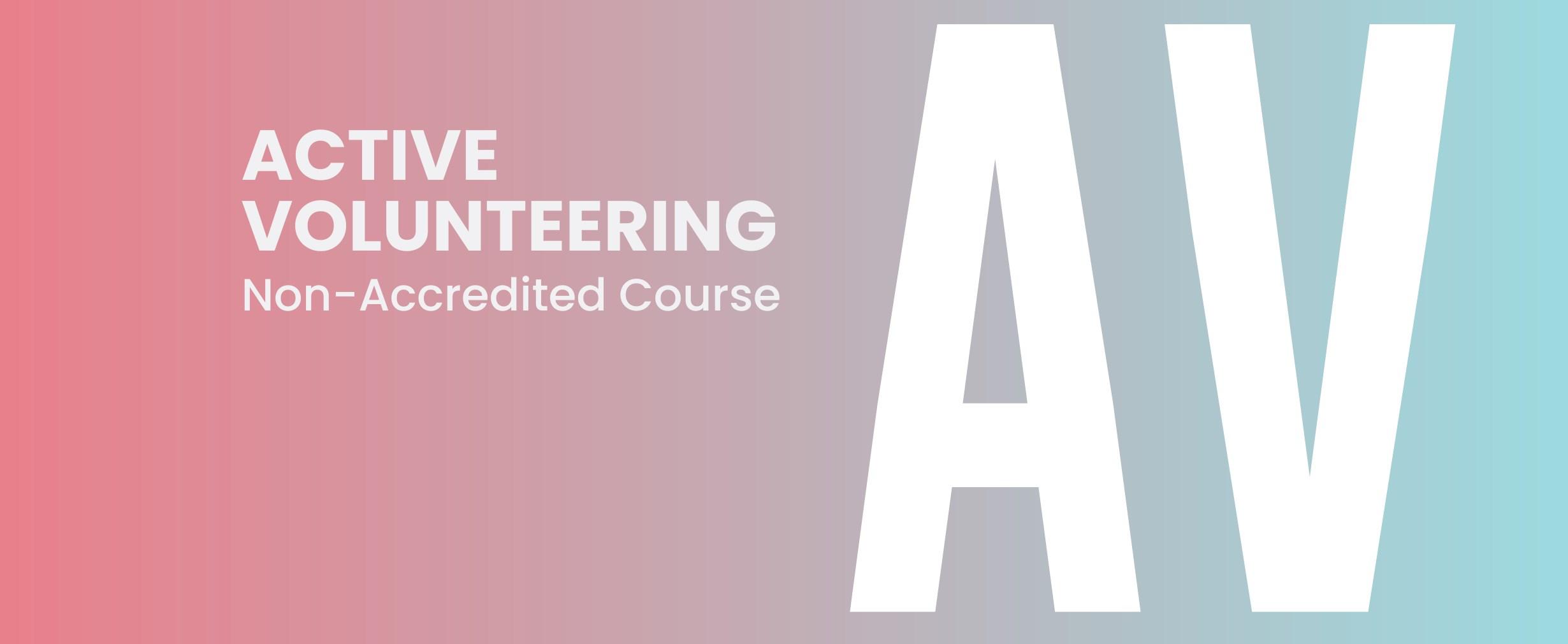
Volunteering Queensland is proud to colaunch new online resources to assist organisations attract, engage and retain autistic volunteers and volunteers with disabilities. The partnerships with Empower Autism and Queenslanders with Disability Network aim to build the capacity of all organisations to incorporate these priority groups into their volunteering teams.
Participation in volunteering is an excellent way for people to contribute to the social and economic fabric of their community, while building individual purpose, confidence and self-efficacy, that help contribute to a thriving life. In return, autistic people and people with disabilities bring valuable and unique skills, talents and experiences to the volunteering sector to deliver critical services and help those in need.
Volunteering is extremely beneficial to all involved and, to ensure accessibility for volunteers of all abilities and backgrounds, organisations need support, information and tools to better understand and create workplaces that embrace diversity. Research findings repeatedly highlight the benefits of a genuinely diverse volunteer organisation
are immense for both the volunteer organisation and the volunteer.
Through partnerships between Empower Autism and Queenslanders with Disability Network, free online resources have been developed to better inform volunteer involving organisations and help them implement a positive environment for new volunteers. The resources aim to provide:
Enabling, accessible, inclusive volunteering environments
Increased knowledge and confidence of volunteer involving organisations to attract and meaningfully engage volunteers.
An accessible, easy to use tool to implement change.
Opportunities for expanded volunteer recruitment and contribution, from a diverse demographic offering a range of skills, experiences and strengths.
The combined experience, knowledge, and passion of all three organisations has been combined for the benefit of both the autistic and disability communities as well as to further foster the growth of Queensland’s volunteer ecosystem.
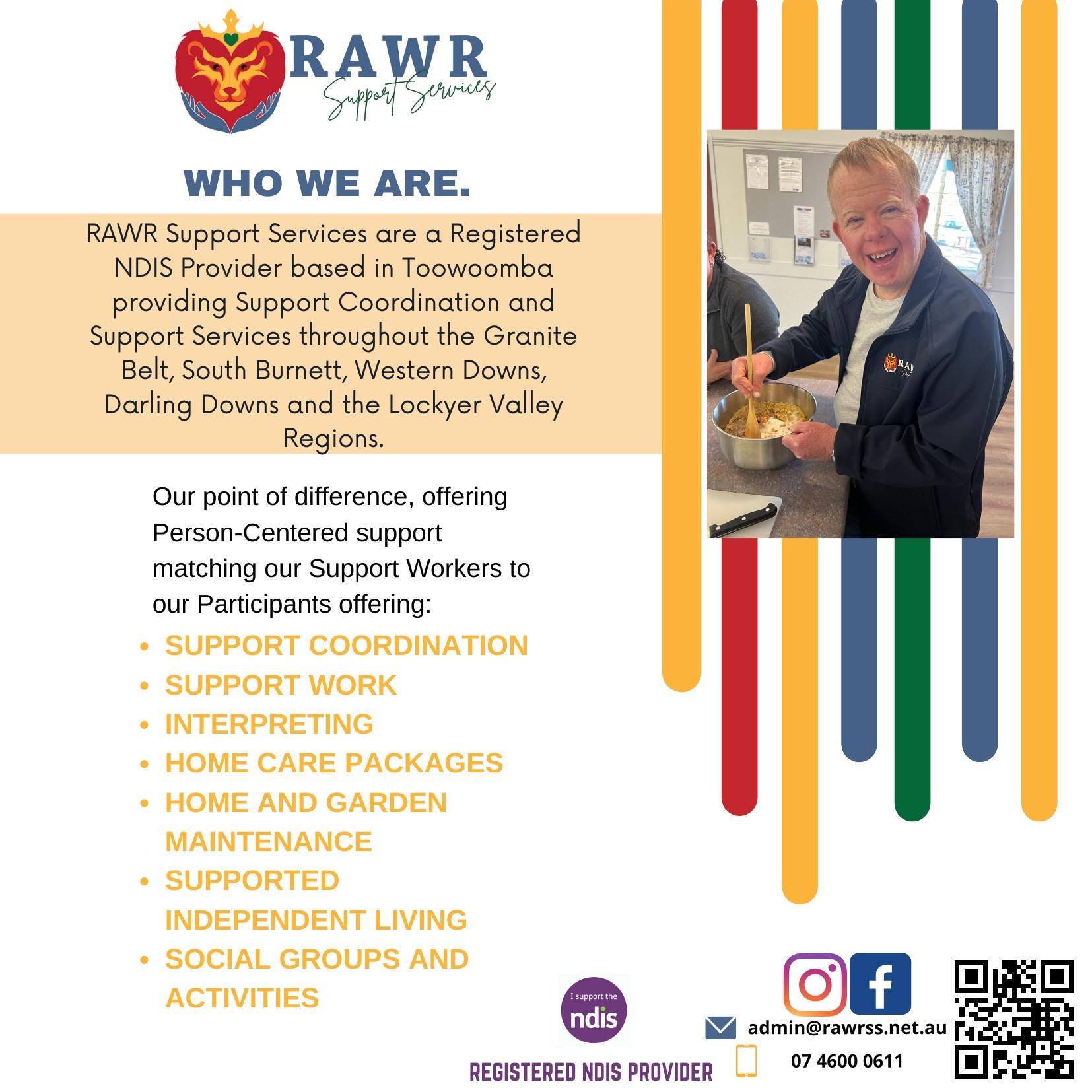
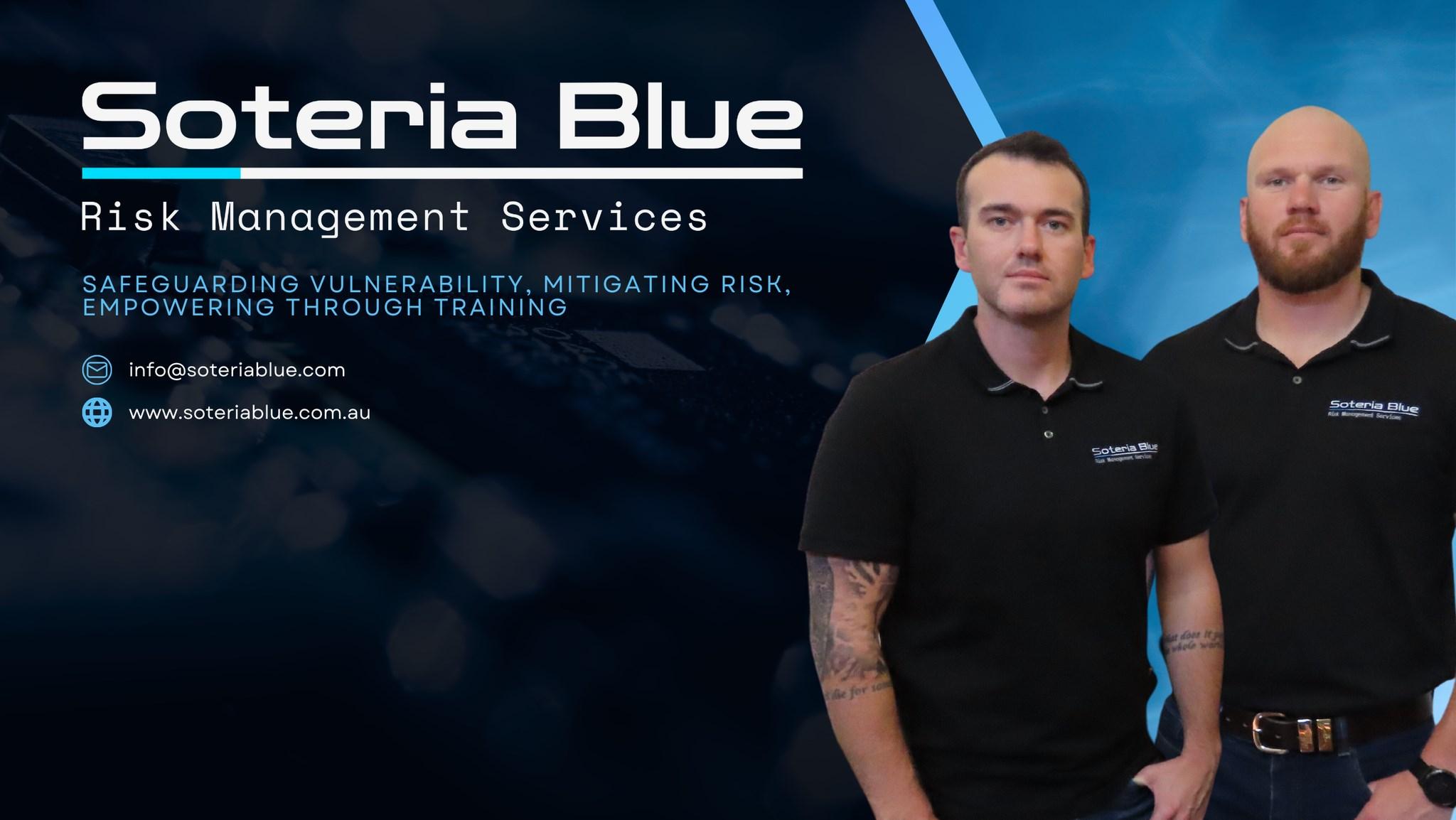
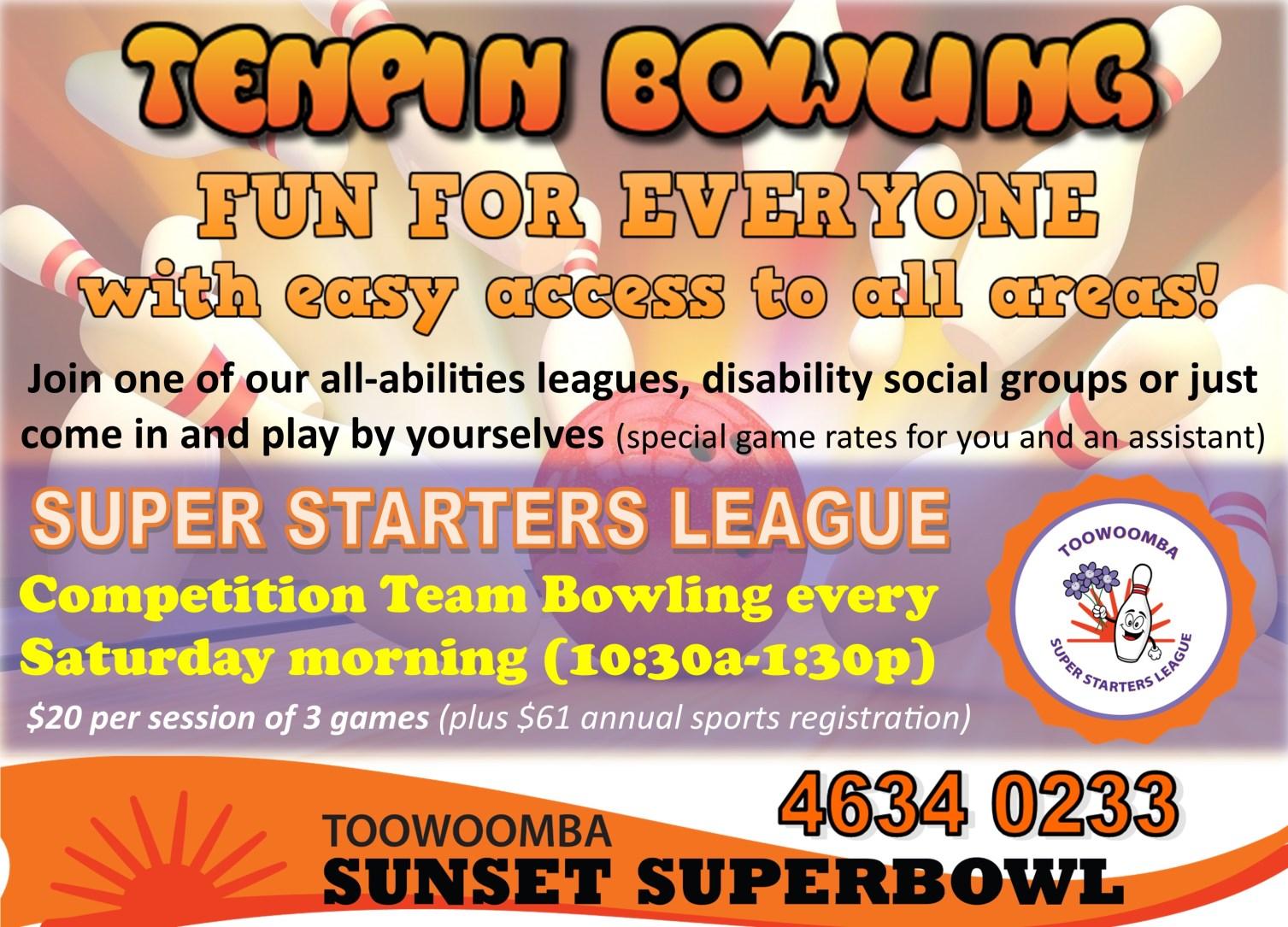
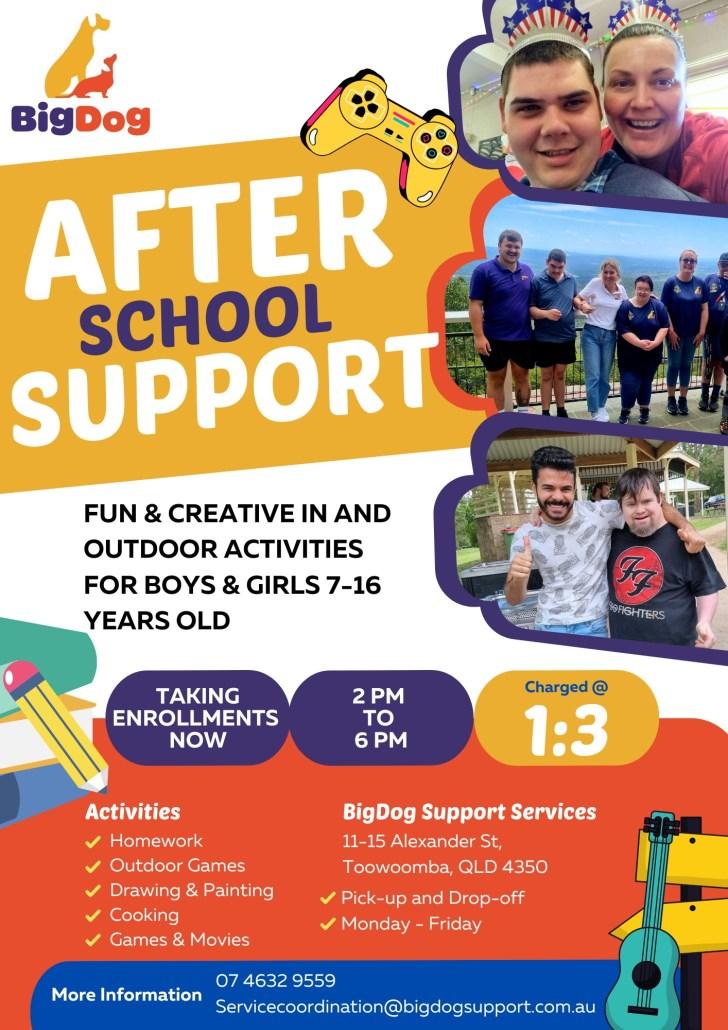
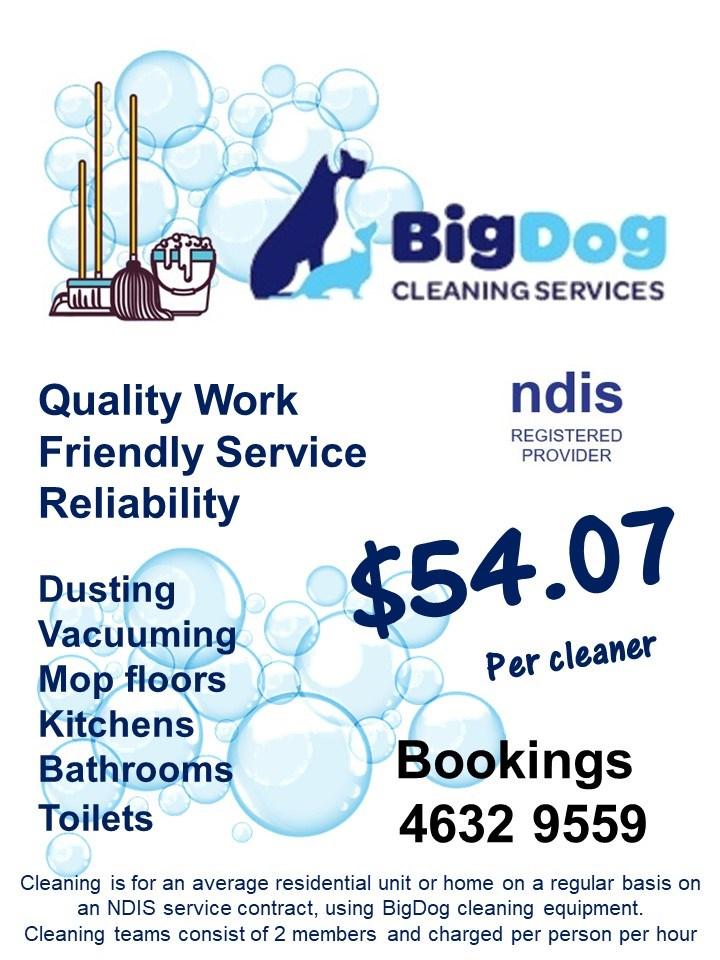

The Disability Services and Inclusion Act 2023 (the Act) became law on the 1st January 2024. The Act allows the Australian Government to fund supports and services outside the NDIS.
This ensures the right supports are available to all people with disability.
The Act also broadens the disability supports and services that the Government can fund, giving the Government more flexibility to respond to the disability community’s needs.
The new Act improves the safety of disability services by requiring providers to follow a Code of Conduct. The Code helps people with disability know what to expect from their provider and how to make a formal complaint if there has been a breach.
The Act also improves the quality of disability services by setting a minimum standard for providers and their staff.
Under the Act, people with disability can have a say in matters affecting them by taking part in developing and reviewing supports.
Minister for Social Services Amanda Rishworth said this flexible and contemporary Act supports the Albanese Labor Government's commitment to the full participation of people with disability in Australian communities.
"Community expectations have shifted significantly over the past 35 years. The previous Act embedded segregation into legislation, the new one has a strong focus on inclusion and broadens the type of supports and services that the Governments can provide," Minister Rishworth said.
Minister Rishworth said the Act helps support the safeguarding of people with disability following the release of the Final Report
into the Royal Commission into Violence, Abuse, Neglect and Exploitation of People with Disability.
"The Government has embedded human rights principles into legislation and listened to the perspectives of people with disability throughout the drafting stages to ensure that Commonwealth supports and services are responsive and create meaningful change," Minister Rishworth said.
Minister Rishworth said the Act provides a contemporary legal framework enabling the Government to deliver measures consistent with the vision of Australia's Disability Strategy 2021-31 and its five Targeted Action Plans.
"Australia's Disability Strategy is our roadmap to supporting people with disability to participate as equal members of our communities.”
"Consistent with the Strategy, the Government will continue to drive improved accessibility and inclusion in Commonwealth services and across the Australian community," said Minister Rishworth.
"Boosting employment opportunities, shifting community attitudes and improving the safety of people with disability are all top priorities for the Government."
The objects of the Act include in conjunction with other laws, to give effect to the Convention on the Rights of Persons with Disability and give effect other international obligations that Australia has as a party to.
All providers are required to comply with the Code of Conduct, which mirrors the NDIS Code of Conduct.
Despite being labelled the “word of the decade” in 2021, fake news is not a modern phenomenon. Misinformation has been spread for political gain since Octavian used fake news to discredit Mark Antony in ancient Rome.
What is different today is the way modern technology makes it easier to spread fake news around the world but harder to distinguish fact from fiction. Misinformation and disinformation can have devastating effects on human rights, social cohesion and democratic processes.
Australia needs to address these risks. But this needs to be balanced with ensuring we don’t unduly affect freedom of expression.
This is the key problem with the federal government’s proposed Communications Legislation Amendment (Combating Misinformation and Disinformation) Bill. The draft bill aims to give the Australian Communications and Media Authority increased powers to combat online misinformation and disinformation, but in a way that does not find equilibrium between censorship of objectively untrue content and protection for freedom of expression.
Concerns about whether the draft bill strikes the right balance have been expressed by a range of groups, including social media companies such as Meta, legal experts such as the Victorian Bar Council, and the Media, Entertainment and Arts Alliance (which represents more than 15,000 workers in media and cultural sectors). The full extent of feedback about the draft bill is not yet known, with public submissions to the government’s consultation process closing last week but publication of those submissions being de-
layed until next month.
The Australian Human Rights Commission submission, which already has been made public, highlights four key concerns about the draft bill.
The first issue is the overly broad and vague way key terms – such as misinformation, disinformation and harm – are defined. Laws targeting misinformation and disinformation require clear and precise definitions.
Drawing a clear line between truth and falsehood is not always simple, and there may be legitimate differences in opinion as to how content should be characterised. The broad definitions used here risk enabling unpopular or controversial opinions or beliefs to be subjectively labelled as misinformation or disinformation, and censored as a result.
The second key problem is the low harm threshold established by the proposed law. Content that is “reasonably likely to cause or contribute to serious harm” risks being labelled as misinformation or disinformation. The categories of harm are themselves extremely broad, including things like “harm to the health of Australians” and “harm to the Australian environment”. Reasonable people may have very different views about what constitutes harm under these categories. The definitions also provide no guidance about how harm is meant to be judged.
It is true that what is required under the bill is not just harm but serious harm. The effect of this, however, is uncertain given the proposed law does not go on to define serious harm. It further requires only that the content has to be “reasonably likely to cause or contribute to serious harm”. Content can be labelled as misinformation even if it does not actually cause harm – it only has to be “reasonably likely to do so”.
Further, the harm threshold is not limited to causation but requires only contribution, and no minimum level of contribution is stated. This leaves open the possibility that even a minor or tangential contribution will be sufficient. The harm threshold established under this draft bill is extremely low, which risks allowing an extremely broad range of content potentially to be restricted.
The third concern highlighted by the commission is the way the proposed law defines excluded content, which is content that is protected from being labelled as misinformation or disinformation.
One key example here is that the draft bill defines any content that is authorised by the government as being excluded content. This means government information cannot, by definition, be misinformation or disinformation under the law.
This fails to acknowledge the reality that misinformation and disinformation can come from government. Indeed, government misinformation and disinformation raises particular concerns given the enhanced legitimacy and authority that many people attach to information received from official government sources.
This specific exclusion privileges government content but fails to accord the same status to content authorised by the opposition, minor parties or independents.
The result is that government content can never be misinformation but content critical of the government produced by political opponents might be. Any law censoring online information to counter misinformation and disinformation must be scrupulously impartial and apolitical.
The fourth concern relates to the powers to regulate digital content that are granted under the draft bill to digital platform providers and (indirectly) the ACMA.
There are inherent dangers in allowing any one body – whether it be a government department or social media platform – to determine what is and is not censored content. The risk here is that efforts to combat misinformation and disinformation could be used
to legitimise attempts to restrict public debate and censor unpopular opinions.
Striking the right balance between combating misinformation or disinformation and protecting freedom of expression is a challenge with no easy answer.
While we need to respond to the risks posed by misinformation and disinformation (which realistically will involve some degree of proscription about what kind of content can appear online), this draft bill does not strike the right balance. Regardless of how future efforts to combat misinformation and disinformation may better find equilibrium between these competing tensions, there needs to be strong transparency and scrutiny safeguards to protect freedom of expression. It is these mechanisms that are sorely missed in the draft bill’s current form.
If we fail to ensure robust safeguards for freedom of expression online, then the measures taken to combat misinformation and disinformation could themselves risk undermining Australia’s democracy and freedoms.
The ABC reported earlier this week that Albanese wants to set up a ‘Truth Division’ of the Australian Electoral Commission. The sole role and purpose of this new division of the AEC will be to police what’s said at elections.
This is on top of the Misinformation Bill he wants to bring in to give the Government and social media companies the power to decide what’s “truth” online.
You don’t need to be told what’s true. You have reason, logic and a good BS radar to help you decide what’s true. But Albanese doesn’t think you can. If he gets his way, nobody will be able to speak out online, or at elections, against whatever narrative that he and his Labor cronies establish.
Albanese is convinced he is entitled to police the thoughts, hearts and minds of regular Australians. He thinks it’s the job of the Government to determine what you watch, what you listen to, and what you read. WhatsUp in Disability is against this.
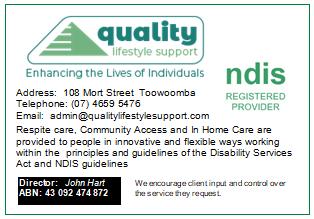
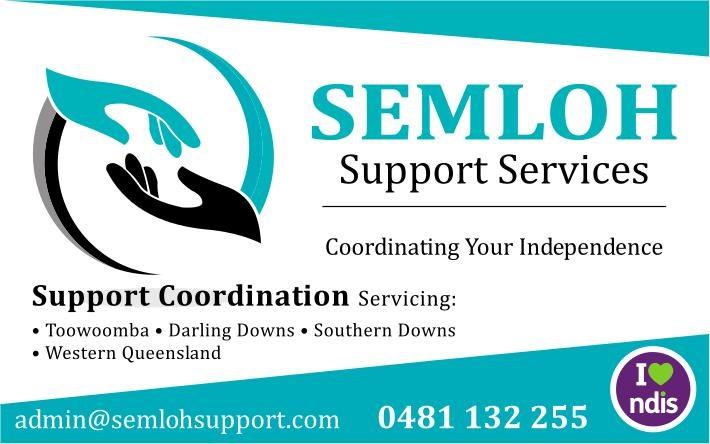
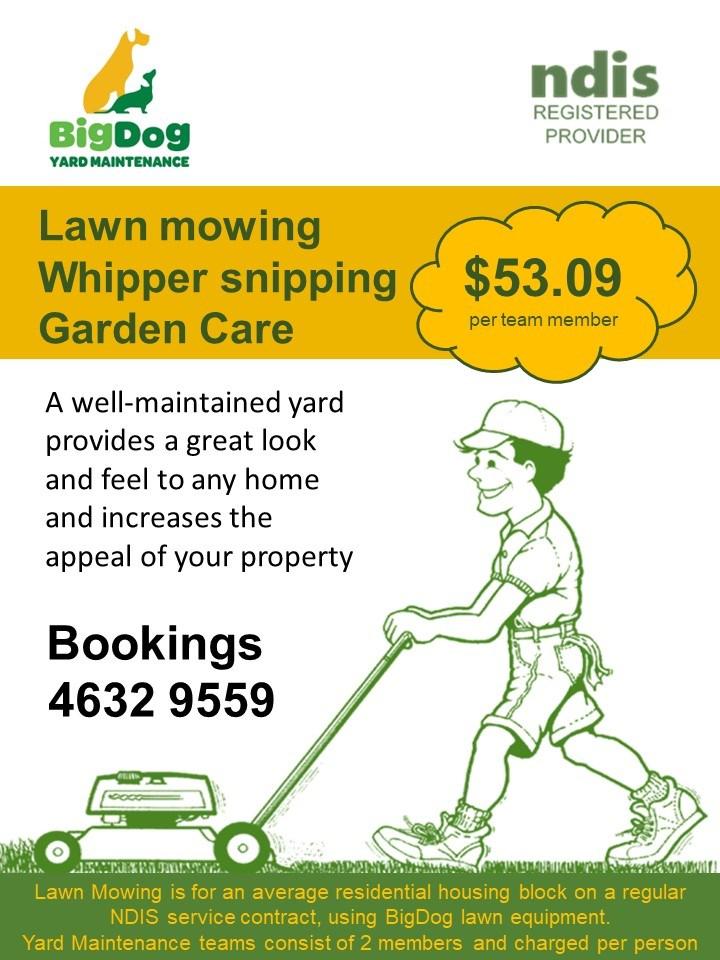
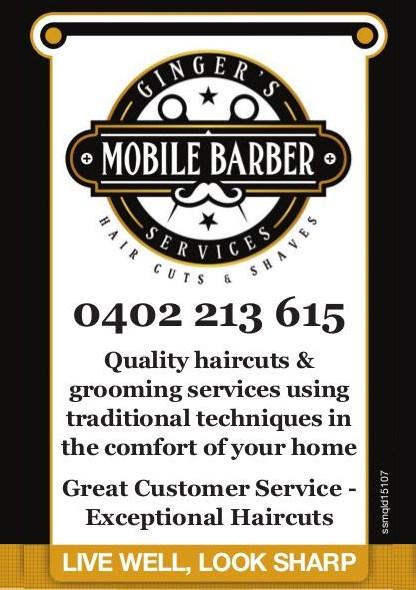
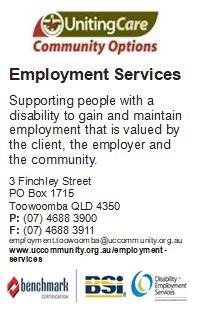
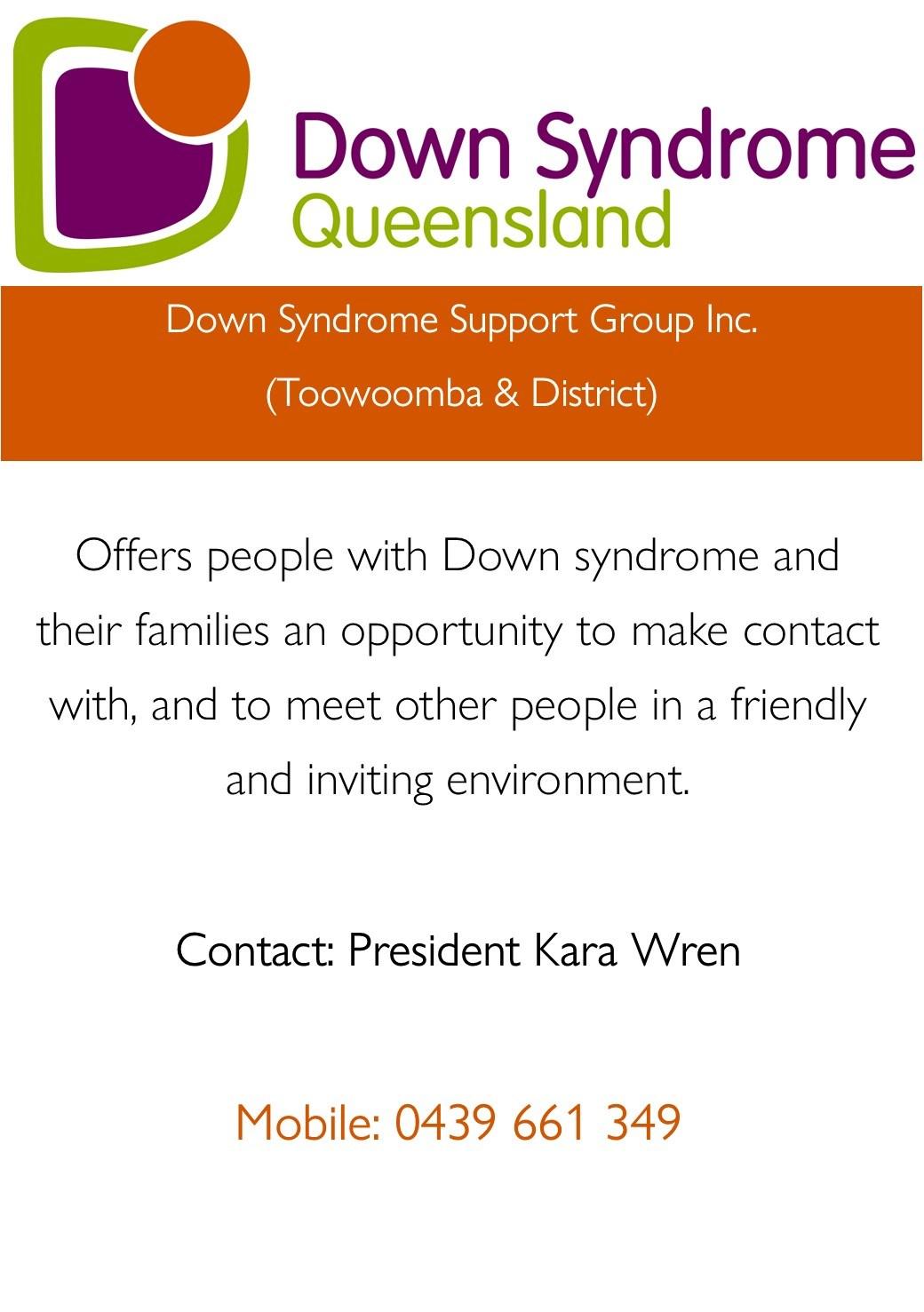
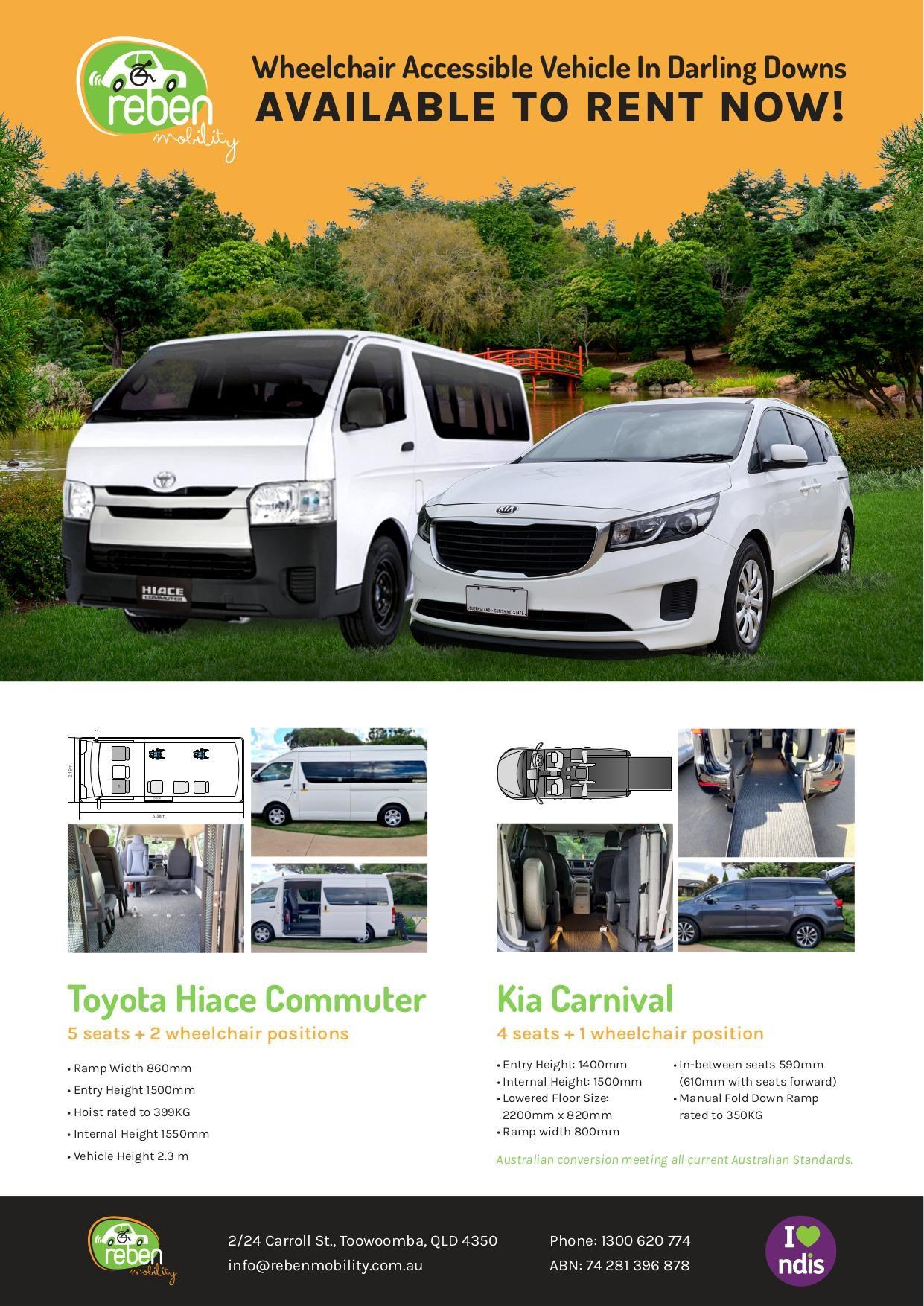

Stephen Webster DSC Feb 07, 2024
Support coordinators wield significant influence over the services participants select. In an ideal world, the only interest support coordinators have is the well-being of the participants they support. However, the real world is messy, making us all susceptible to conflicts of interest. Whether actual, potential, or perceived, these conflicts can jeopardise the safety and autonomy of participants, undermining choice and control in the NDIS.
Conflict of interest is receiving increasing attention in the support coordination space. It is one of the biggest challenges in delivering genuine choice and control for participants. While we’ve all heard the horror stories, many smaller conflict of interest breaches occur day to day. Most of us are trying to do the right thing but don’t always know how to navigate the important questions about ethics, transparency, and the well-being of NDIS participants.
Recent reports, such as the Australian National Audit Office (ANAO) Performance Audit Report, have underscored the pressing need to address conflict of interest both broadly within the NDIS and specifically within support coordination. The NDIA has also signposted this desire in their new PACE reporting templates, which require support coordinators to identify and manage real or perceived conflicts. Additionally, the NDIS Independent Review recommended replacing the support coordination role with Navigator roles, and recommend that organisations delivering navigation be barred from offering other NDIS-funded
services altogether.
Support Coordination providers delivering other types of services: This is generally the first type of conflict of interest that comes to mind for many support coordinators. When support coordination providers also offer other services, there is often a concern that they will favour these services when supporting participants in selecting providers.
Business-related relationships between providers: We don't need to work for the same organisation as another service to feel pressure around referrals. Many providers feel pressure from other organisations due to either formal business relationships or informal pressures (such as another service being a major source of referrals).
Working for multiple providers: With an increasingly casualised workforce, it is becoming more common for people to work for multiple NDIS providers. This can lead to similar pressures faced by support coordinators working at single providers who deliver multiple services.
Personal Relationships: Support coordinators may have personal relationships with individuals working for other providers. This can create real or perceived pressure, leading to a conflict of interest.
Even if we are confident that we prioritise the interests of the people we support when making decisions, we must still consider the issue of perceived conflicts of interest. In other words, we must also instil confidence in the people we support that we have their best interests at heart. So, how do we do this?
Be Independent: The simplest way to avoid the type of conflict of interest that arises from delivering multiple services is to offer support coordination exclusively. This also clearly signals to participants that conflict of interest is a priority. If the transition to navigators goes ahead as recommended by the 10-Year Review, this will be how all intermediary services are delivered. Why not get a head start?
Have a Conflict of Interest Policy: All registered support coordination providers who also deliver other services are effectively required to have a conflict of interest policy outlining how they will navigate this inherent conflict. Additionally, given the various other forms of conflict of interest relevant in this space, even unregistered and independent support coordinators should have a clear conflict of interest policy in place.
Read, understand and explain your conflict of interest policy: OK, I’m kind of cheating by calling this one a separate recommendation, but be honest, have you read all of your organisation's policies to the point you would be comfortable explaining them to each of the people you support?
Transparency: When a conflict arises, it's crucial to be transparent with anyone affected, especially participants.
Report Serious Breaches: Serious breaches, such as providers offering cash incentives for referrals or using high-pressure tactics to compel participants to engage multiple services from them, should be reported to the NDIS Quality and Safeguards Commission.
The ANAO report has highlighted "client capture" as a significant risk to participants, but what exactly is client capture? In short, it refers to participants who receive all their services from a single provider. While this may be requested by some participants for the sake of a number of reasons, providers rarely explain the risks to participants. All the risks that participants face from providers, including poor service delivery,
financial abuse, and fraud, are significantly increased when there is only one provider in their lives. As capacity-building support, we must take responsibility for explaining these risks to participants.
You may be thinking, "But what about choice and control?" Of course, this should be a primary driver of everything we do as support coordinators. However, given the risks associated with client capture and the breadth of providers available, client capture is rarely a sign of a person being supported to make informed choices and exert control over their lives.
Client capture manifests in various forms, all aimed at steering participants towards receiving more services from the same provider. Some are more overt, like highpressure marketing tactics or only offering some services if a participant receives another service from them, to more subtle forms such as referral partnerships or utilising internal assessment tools to identify participants for additional services. These may not be easy for you to detect from the outside, so working closely with participants is the key to detecting unethical practices. Some useful strategies include:
Investing time in capacity building with participants and their supporters about risks of client capture.
Speaking to participants who receive multiple services from a provider about the process they went through to select that provider. Sometimes, this will be the result of careful consideration, in which case there may not be a problem, but other times these conversations can raise red flags.
Understand and follow your organisation’s conflict of interest policy.
Work with participants to build their capacity to understand conflict of interest.
Beware of your own conflicts of interest and take steps to mitigate them.
Keep an eye out for other providers acting in conflicted and unethical ways.
As with everything, take good case notes.
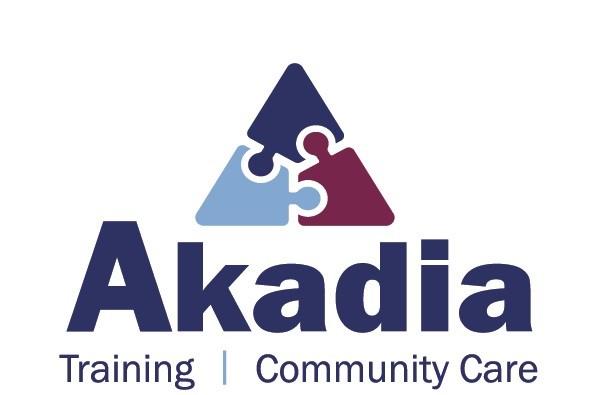
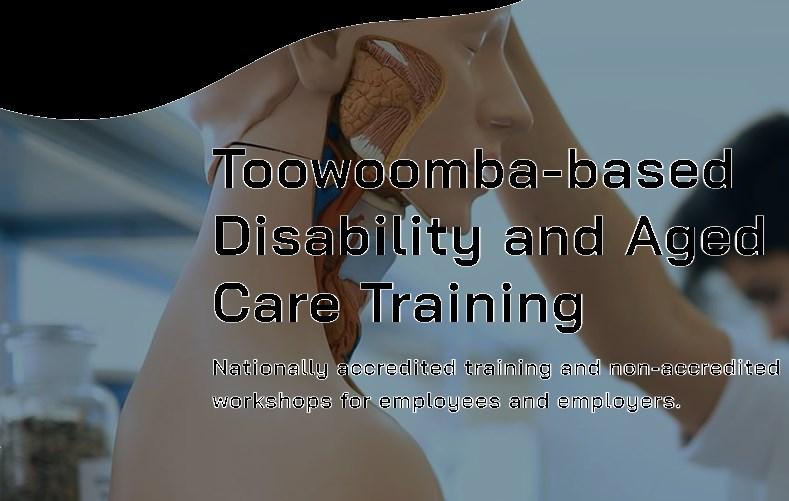
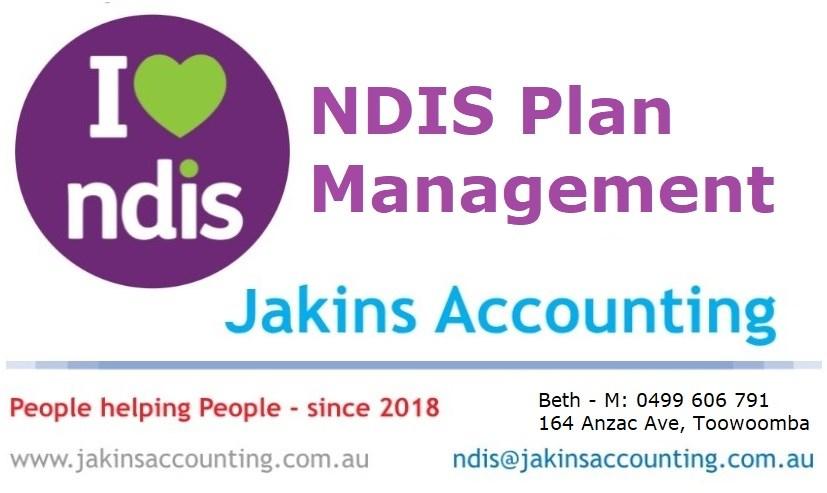
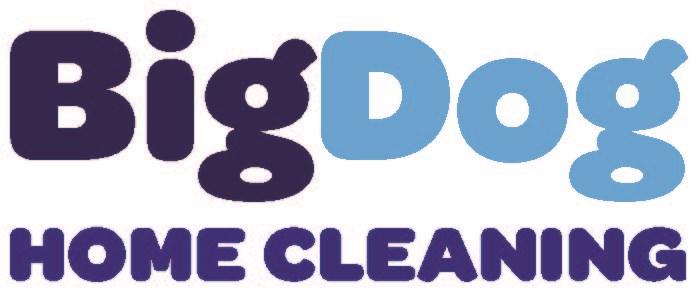

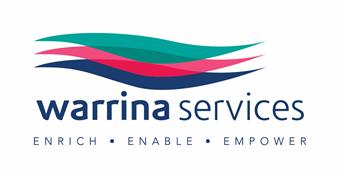
Warrina Services is a specialist support agency that has been providing individual support to people of the Darling Downs since 1986. We support people with a diverse range of needs and also provide mental health services to assist personal recovery.
We can help you to achieve positive outcomes in your life. These may be related to choice and independence, education or training, attending social activities, increasing skills, getting a job or contributing to your community.
If you would like further information please visit our website
www.warrinaservices.org.au Or contact us
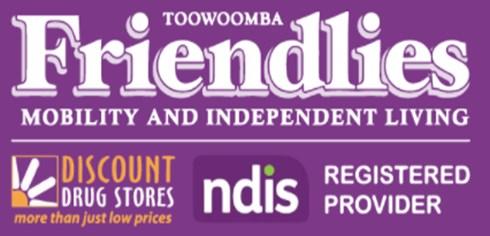

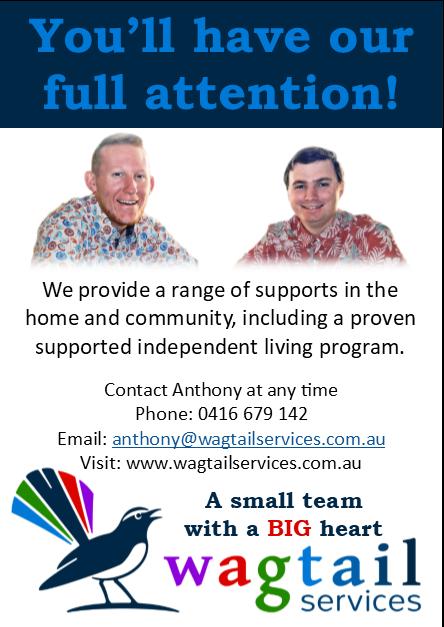
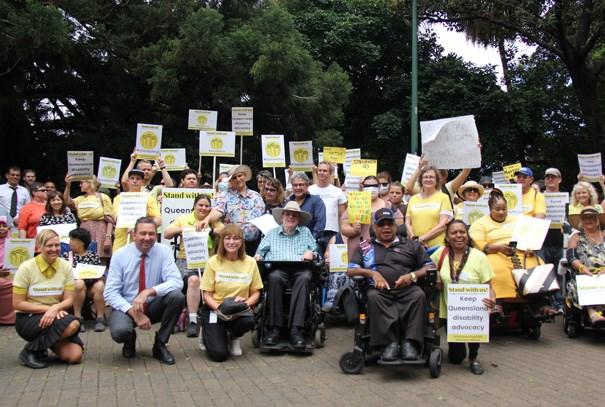
People talked openly about what's going well and what's challenging in their lives. This is the first survey to collect stories in all 7 areas of Queensland’s Disability Plan 20222027 and Australia’s Disability Strategy.
While this report showed important findings, there were many different views. It didn't cover all disability experiences in Queensland because everyone's voice is unique.
Participants emphasised four critical areas for strategic action:
1. Promoting and safeguarding the voice of the community
2. Improving the standard of living and social protection
3. Enhancing dignity and equity for inclusivity
4. Strengthening a sense of belonging across the state
• Approximately 30% of respondents reported improvements in their lives
• 80.5% reported feeling safe
• 67% reported feeling welcomed and included in the community
• 64% said they have disaster plans
Financial security was a positive influence on these experiences.
• 47% expressed insufficient funds for a good life
• 49% have difficulties accessing paid and 41% with unpaid support
For these people, difficulties affected many parts of their lives. Such as their rights, safety, where they live, jobs, health, and well-being. People who faced several challenges felt especially disadvantaged.
Original paintings by Corrie Young and Rachael Brook adorn the walls at Sunflower House.
A self-taught artist who is vision impaired, Corrie supplied a botanical artwork that prompted him to reflect on how far his painting has evolved since his first art activity at Carinity Our House 5 years ago.
“I’ve still got the original picture from back when I didn’t know what I was doing. You would probably think it was done by another person,” Corrie said.
“When I was younger and had better eyesight, I would do lots of drawing and colouring in, but I’ve never had any painting lessons.”
With a philosophy of ‘background first, foreground later’, Corrie loves painting trees, bushes and landscapes – some real, others imagined my him.
Pivotal to his artistic development was watching videos of famous television art tutor, Bob Ross – as suggested by a friend at Our House.
Corrie says adapting Ross’s painting techniques has helped his own artwork to “go from looking pretty average to looking ‘wow’.”
“As Bob Ross said, once you can do it the fear of making a mistake goes away,” Corrie said.
Corrie has done well over 50 paintings, some of which he sold at local church fetes. One of his works won best in show at last year’s Toogoolawah Show.
Befitting the Sunflower House name, Rachael created artworks featuring yellow
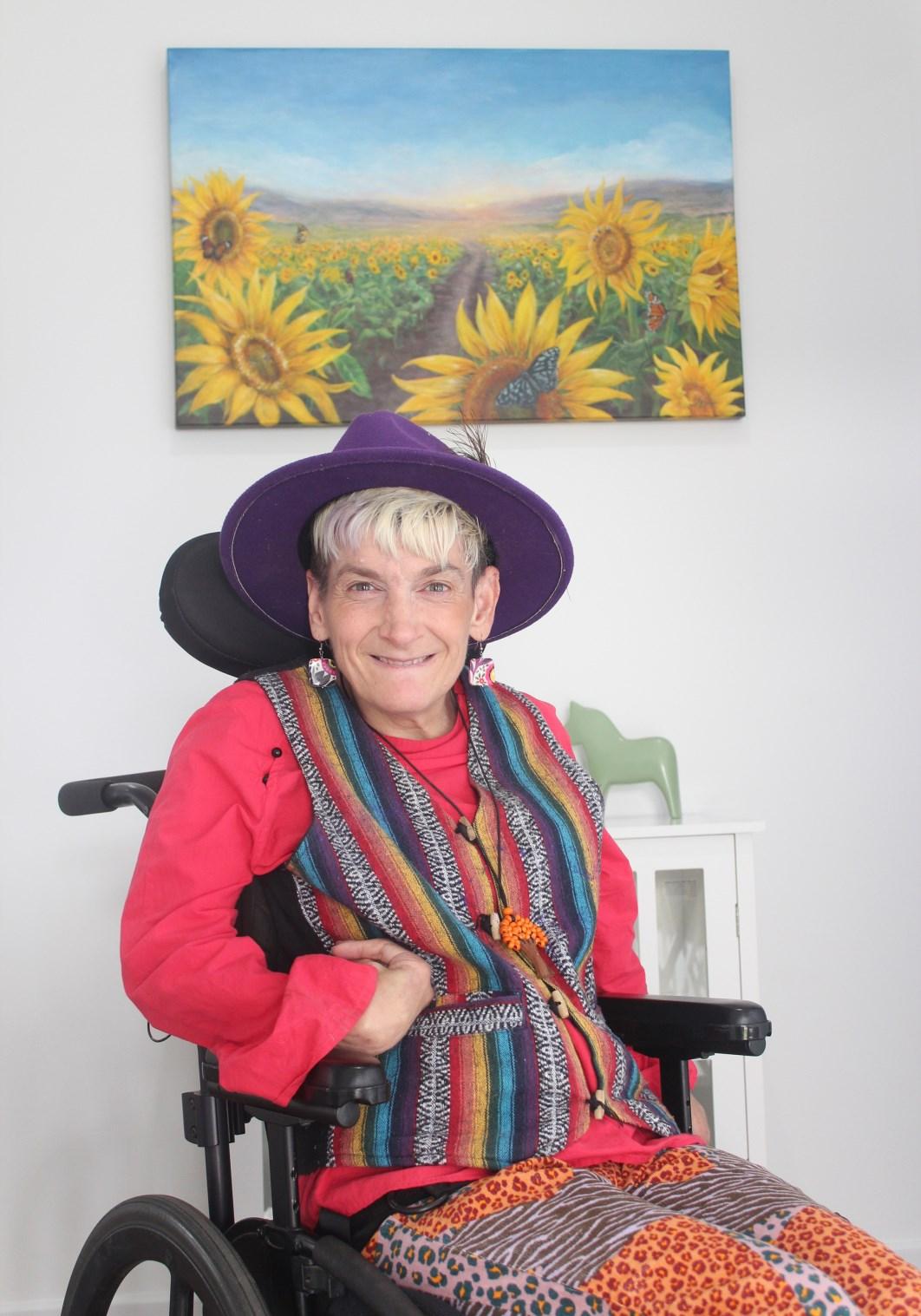
sunflowers, which are a hallmark of the Kalbar district.
Her two artworks – one a painting and the other a mixed media piece – were created over the period of about four months.
“The first painting I did was done in water colours, which is a most magical medium to use. The second painting I did with acrylic and colourful twill fabric,” Rachael said.
Rachael, who has Cerebral Palsy, paints with her mouth.
“I have been painting since I was five years old. Basically, I taught myself by painting by mouth when I was staying at the Cerebral Palsy League,” she said.
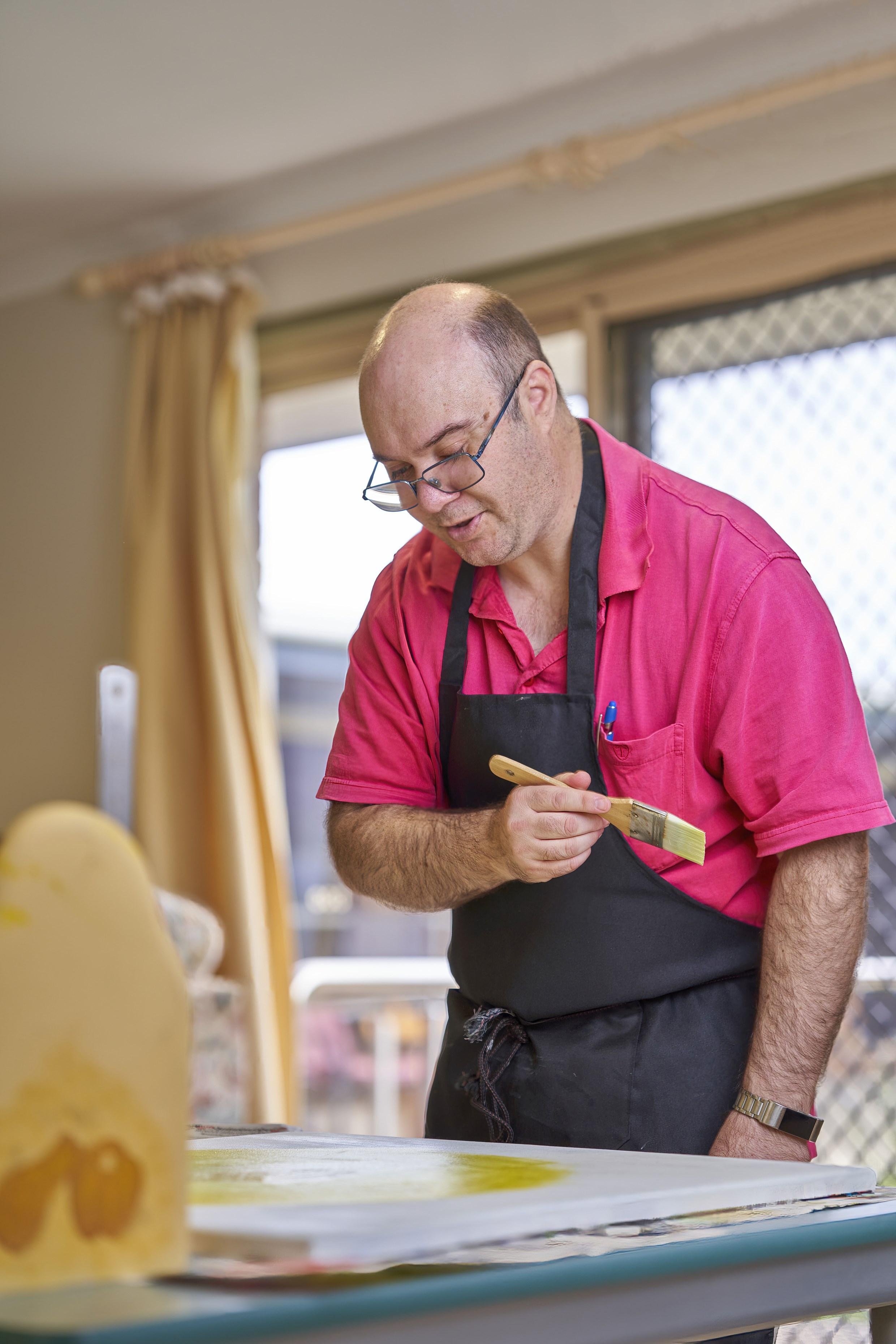

Anthony Morris 20 Feb 2024
The ABC's dating show with a difference offers a wholesome antidote to most reality shows about the ups and downs of finding love.
Dating shows are usually brutal. At best it’s often a genre built around the dubious pleasure of watching people fail to connect; at worst it’s a showcase for a collection of loathsome mercenaries who see all forms of human interaction in purely transactional terms. The ABC’s Better Date Than Never promises to be the wholesome antidote to the genre’s worst failings, but the path to true love rarely runs smooth.
This season we follow seven people across Australia on their quest for love – or to keep their love going, in the case of Liv from Season 1. She’s not the only returning cast member: Charles from the first season is back as well and still looking for that special someone, while new face Allycia is besties with Olivia from s1. Liv’s relationship with the much taller Ben is especially sweet, and a nice reminder that sometimes things do just work out.
And sometimes they don’t. You can’t have the thrill of victory – or just finding someone
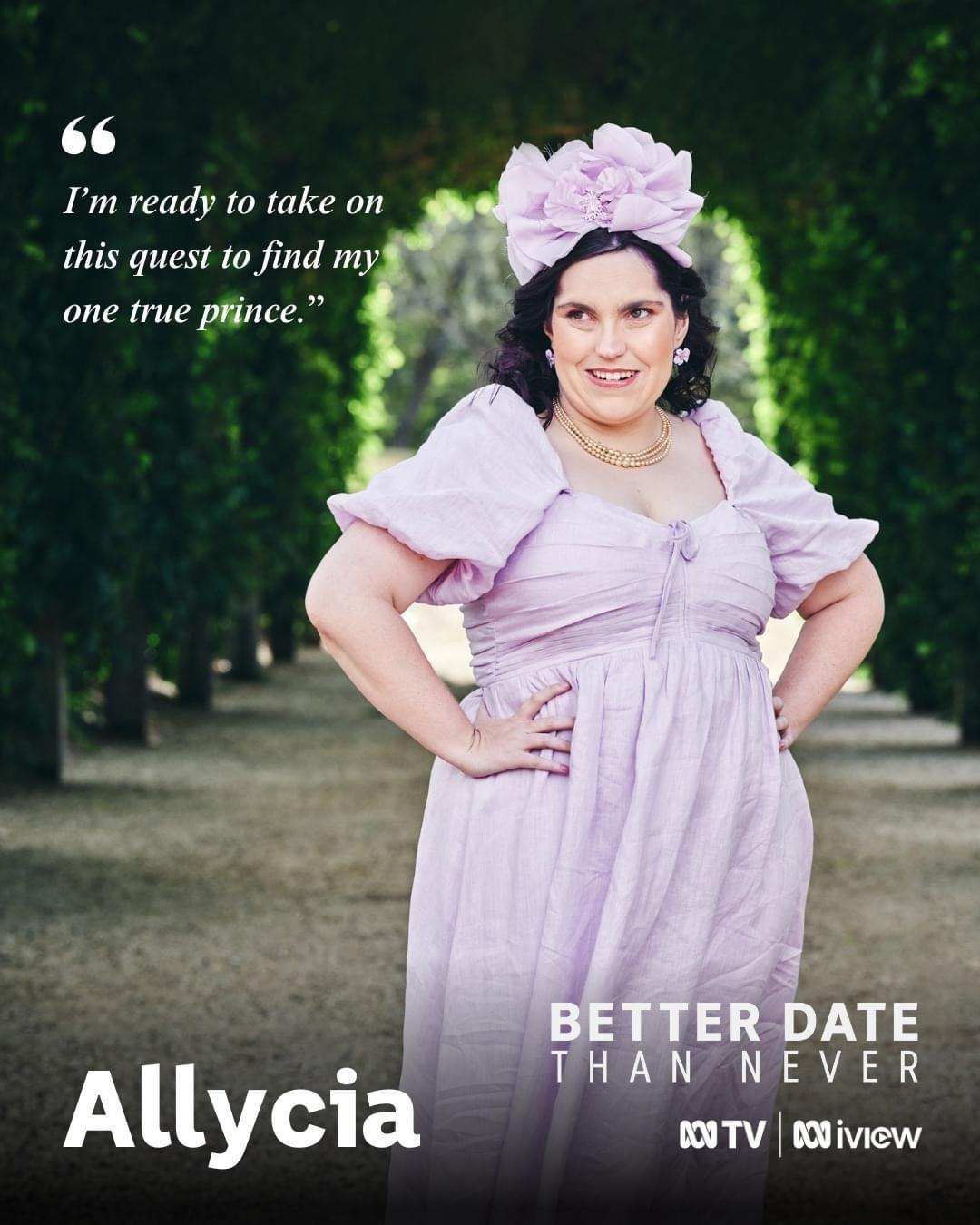
nice to spend time with – without the agony of defeat, and for some of the seven finding a partner requires more than just a bit of smooth banter. For all that this promises to be a kinder, gentler dating program, a bad date is a bad date and when two people aren’t connecting it’s not easy viewing.
But bad dates are a rarity here. Following seven people over seven episodes means
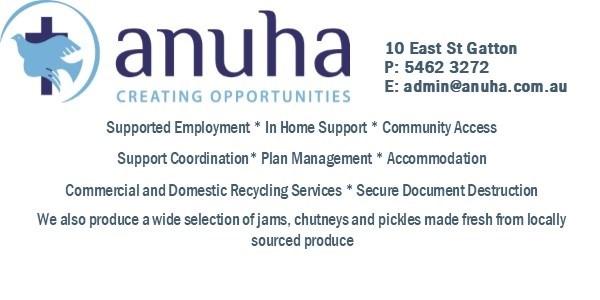


that for most we’re just eavesdropping on one big date (or in Charles’ case, one speed dating session). The formula is pretty consistent throughout: we meet a character, learn a little about their life and what’s been holding them back as far as dating is concerned (maybe its religion, maybe it’s being a 68 year-old trans lesbian living on an isolated farm), then they go on a date and … it almost always works out for them. Hurrah! Even when things get rough, Better Date Than Never is always on the side of its cast.
episode of Married At First Sight where the most horrible contestants find true love and go home happy, which is why that entire show is set up to provide layer upon layer of harsh judgment on everyone foolish enough to appear on it.
Better Date Than Never works on the opposite principle. Instead of focusing on superficially attractive but essentially nightmare people we want to see fail at love (creating a show where the drama comes from the worry that maybe they’ll somehow find it), it
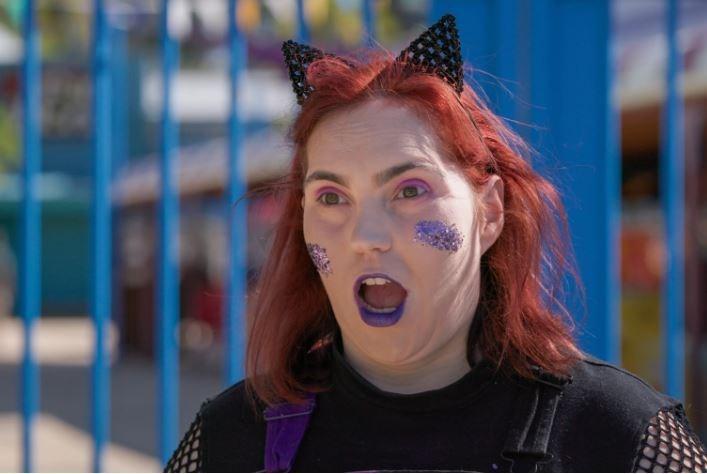
When self-described ‘weeb’ Kento brings up his Hot Wheels collection on a date, it’s hard not to wince. But the issue he’s working to overcome is his reluctance to put himself out there. He knows that if he doesn’t push himself, he’d be happy staying in his room. Just revealing who he is and talking about his fandoms makes his date a success, even if he doesn’t get the girl (that time).
Still, the reason we watch dating shows is not to see the people on screen get the result they want, but for us at home to get the result we want. Nobody wants to watch an
presents us with the people that traditional dating shows exclude, lets us into their lives to make it plain that they have just as much right to love as anyone, and then once we’re invested in their success – they succeed.
It might be just as structured as any other dating show, but at least here the power of the format is being used for good. Everyone here is charming, likeable, occasionally a little dorky, but always authentically human. They all deserve love, and while not everyone here finds it, they all find themselves further down the path towards it.
Better Date Than Never is a delight.
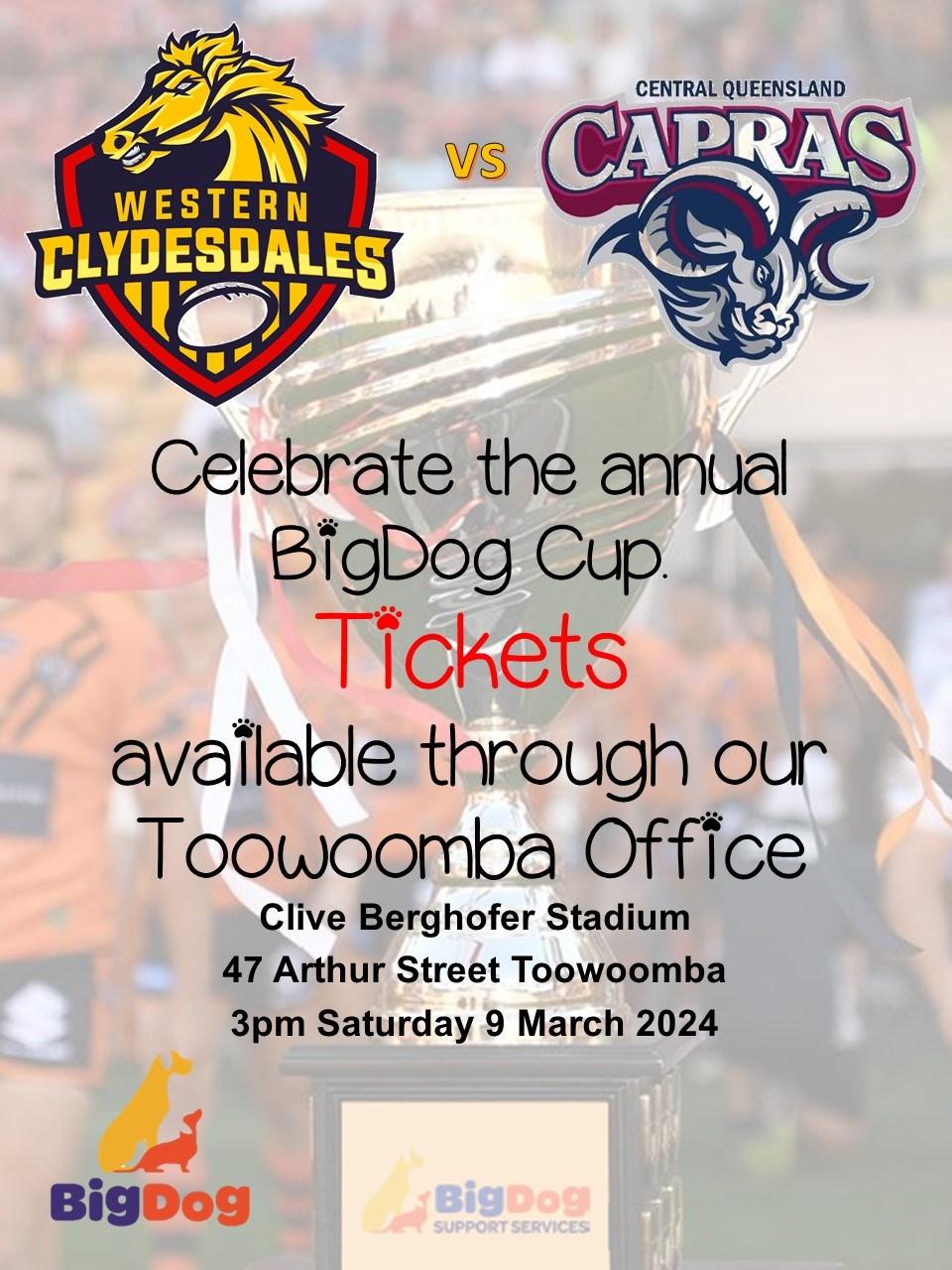

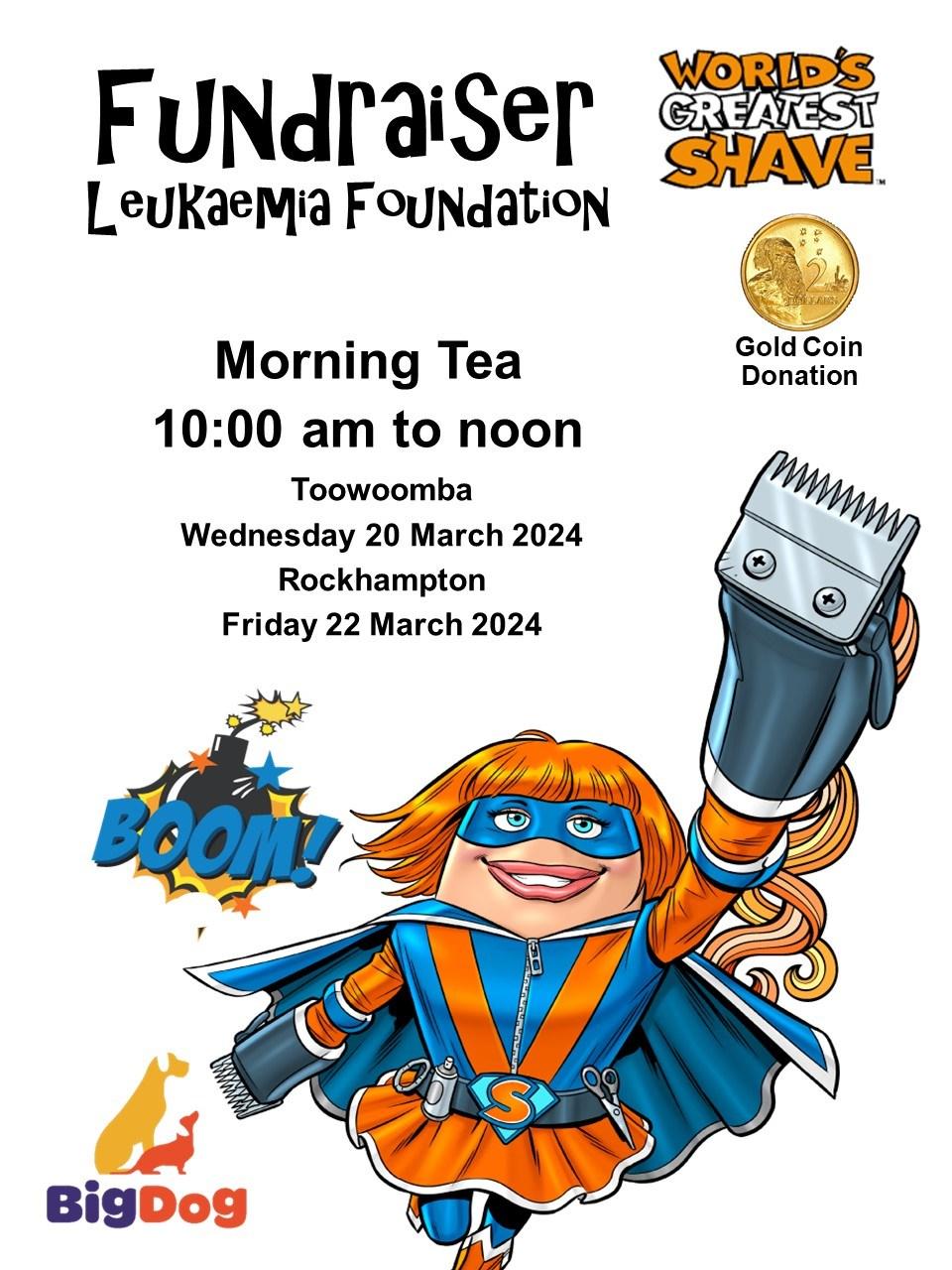
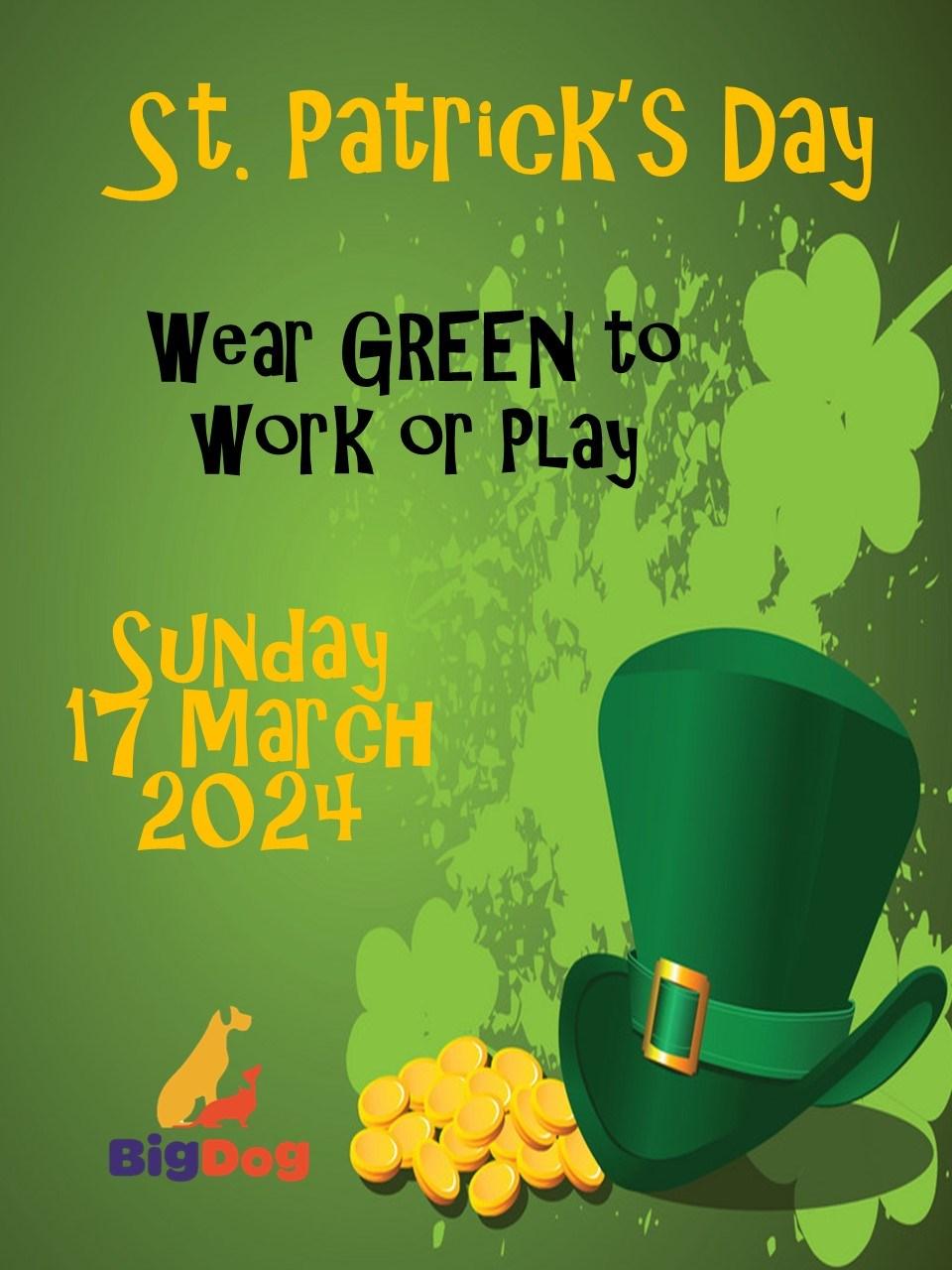
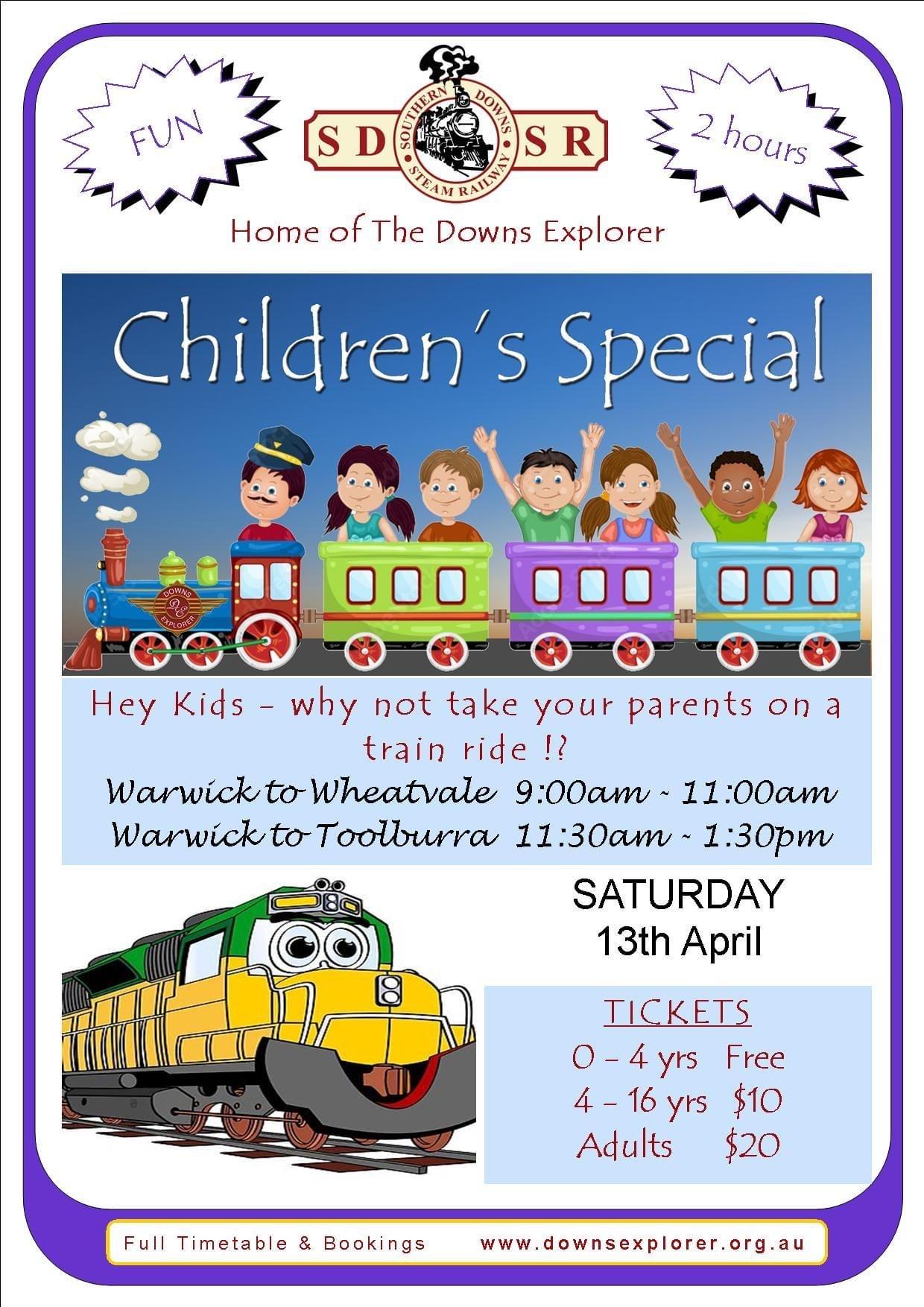


To spread the word about your next event contact WhatsUp on (07) 4632 9559 or email
spaull@bigdogsupport.com.au
The Toowoomba Region is gearing up for a range of activities for 2024 Parks Week which is set to kick off this Saturday 2 March and run until 10 March.
Residents have plenty of opportunities to get out and get involved in 2024 Parks Week.
The Toowoomba Region is renowned for having some of the best parks and open spaces in Australia and Council is partnering with a number of community groups to deliver some wonderful activities for 2024 Parks Week.
From an Open Day at JE Duggan Park to Open Days at Toowoomba’s Community Organic Gardens, there is plenty on offer for residents to get involved.
Many activities on offer during Parks Week are free including Meditation and Chess in the Park as well as walking groups, parkrun and more.
Parks Week is celebrated throughout Australia and New Zealand as a combined initiative of Parks and Leisure Australia and New Zealand Recreation Association. Bookings are required to participate in most Parks Week activities.
Copies of Toowoomba Regional Council’s key policy guiding the creative arts, the Cultural Strategy, are available from Council service centres, libraries and art galleries. Toowoomba Regional Council in July 2023 endorsed its strategy, Connecting through www.mycommunitydirectory.com.au
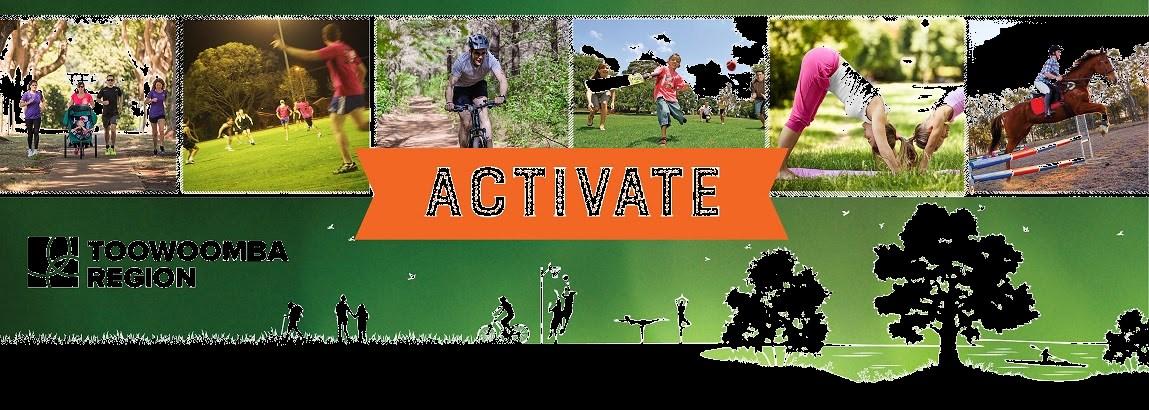
Creativity – Toowoomba Region Cultural Strategy 2023-2028, to inform future arts and cultural policy and planning, programming and funding priorities.
The strategy outlines Council’s commitment to recognising and valuing the role of the arts, culture and heritage sectors within the community and how it intends to develop and strengthen partnerships with key sector representatives and groups.
The five-year strategy sets the direction for celebrating and enhancing the arts across the Region, while identifying new opportunities for cultural expression.
The strategy was developed with the assistance of public feedback and directed by national, state and local policies.
It is designed to encourage greater cultural participation and engagement, while enhancing opportunities for creative individuals and groups to produce and promote exhibitions and performances.
In addition to expressing our Region’s rich history and evolving identity, the arts sector will continue to enrich the Region’s lifestyle by offering diverse job opportunities, enlivening civic spaces and offering activities and events for all ages.
The Toowoomba Region is a hive of cultural activity in the arts, heritage and multicultural sectors.
Council is proud to support community organisations, initiatives, festivals and events. The Cultural Strategy has been tailored to help these activities flourish and formalise Council’s delivery of services or assistance across the sector.

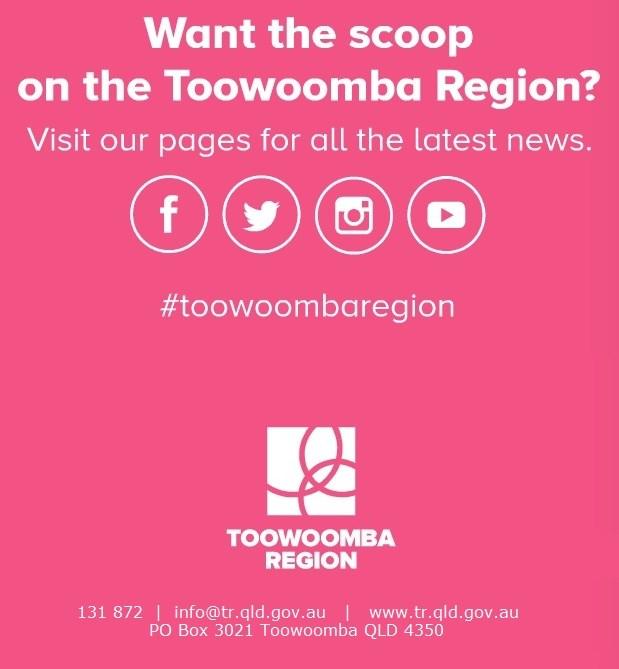
(9:00am to 3.00pm)
A question on disability or a service you require? Try us, most of our volunteers have a disability themselves and will be glad to assist you. If we can’t help, we will refer you elsewhere. JP services are also available
11-15 Alexander Street Toowoomba (07) 4632 9559
A volunteer disability service organisation run by people with a disability


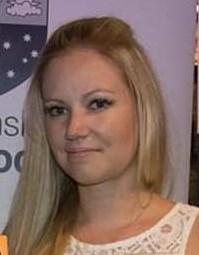


PUBLISHER: Disability Media Association Inc (Australia) (DMAA)
TELEPHONE: (07) 4632 9559
OFFICE: Paul Myatt Community Centre 11-15 Alexander Street Toowoomba (open Monday to Friday 9:00am-3:00 pm)
POSTAL ADDRESS: PO Box 3621 Toowoomba QLD 4350
E-MAIL: spaull@bigdogsupport.com.au
MANAGEMENT BOARD: Steven Paull (President) Courtney Carroll (Editor) Jess Wright (Secretary) Ann Paull (Treasurer)
CONTRIBUTORS: Bronwyn Herbertson, Sharon Boyce, Aidan Wilcock, Dean Gill, Jess Wright, Steven Paull and many others.
PUBLISHED
January/March/May/July/September/November
ABN: 72 821 350 911
PRINT POST APPROVED: PP 424022/ 1811
DISCLAIMER/INDEMNITY
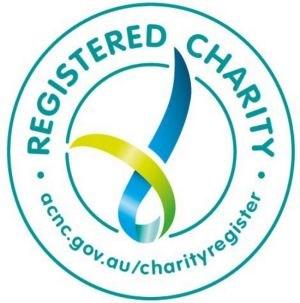
Articles and adverts reproduced on these pages are accepted and published in good faith. It is a condition of acceptance that advertisers and article writers accept full responsibility for their advertisements and articles, and will fully indemnify the producers in the event of any claims or legal proceedings against them. Articles published are not necessarily the view of the publishers. Advertisements are also accepted on the basis that they do not conflict with any discrimination laws or other laws currently in force.
ADVERTISING
Although we are a volunteer and non profit organisation, we are not funded in any way, and have to cover costs of this publication by charging for advertising. WhatsUp reserves the right to adjust, resize or move advertisements when necessary to allow for editing
WhatsUp IS AVAILABLE FROM:
1) SUBSCRIPTION (In advance) $20 per year (includes delivery/postage).
2) A single edition of WhatsUp can be bought at the office and selected outlets. You may also subscribe by using the form on the outside cover.
3) Reference copies are held in the Tourist Office and Toowoomba Library.
Copyright Protected. All pages are subject to copyright law and may be copied only with the permission of WhatsUp. Copies are not to be used commercially or for profit or for personal financial gain. Permission may be granted to copy only if the purpose is to give it away to others for their personal interest but not to any other organisation or service.
All articles are accepted in good faith and are not necessarily the view of the Editorial team or Management. Articles are accepted on the understanding that in the event of any claims against WhatsUp, the writer of the article will take full responsibility and indemnify WhatsUp in the event of legislation against it. Articles are also accepted on the understanding that the contents do not breach any Disability laws or other legislation currently in use.
WhatsUp In Disability is provided as a Master Copy to individuals and organisations or to view online form our website. We are environmental friendly, we do not print any more copies than is absolutely necessary. We prefer and encourage the practice of passing the magazine from person to person or copying the whole magazine to pass on to others. Permission is needed to copy (see Copyright above) When copying the magazine we require that the pages be marked ‘copy’. ANN PAULL
www.whatsupindisability.org
To contribute to the next edition please send your article to spaull@bigdogsupport.com.au
by the 20th February/April/June/August/October/December or reserve your advertising or story


